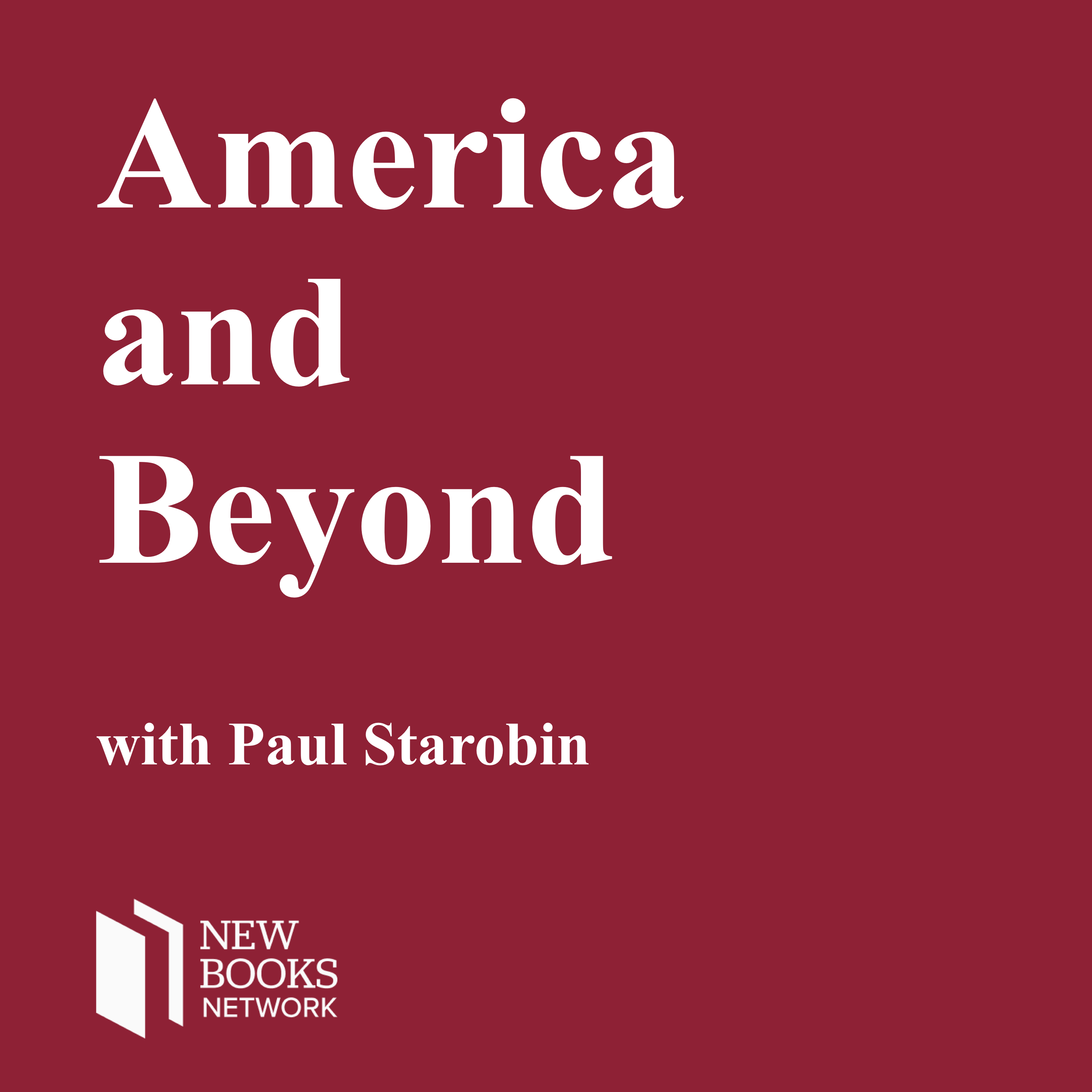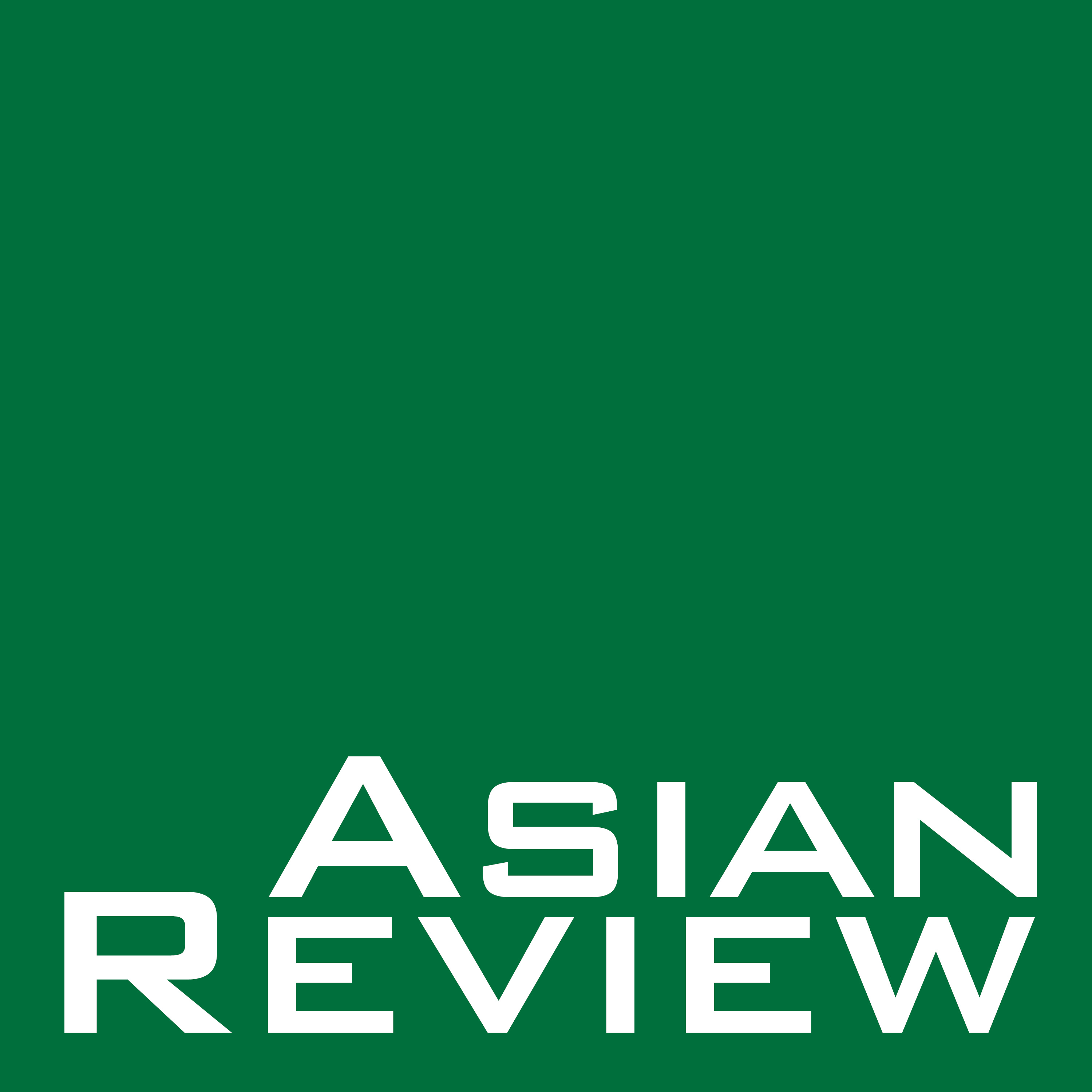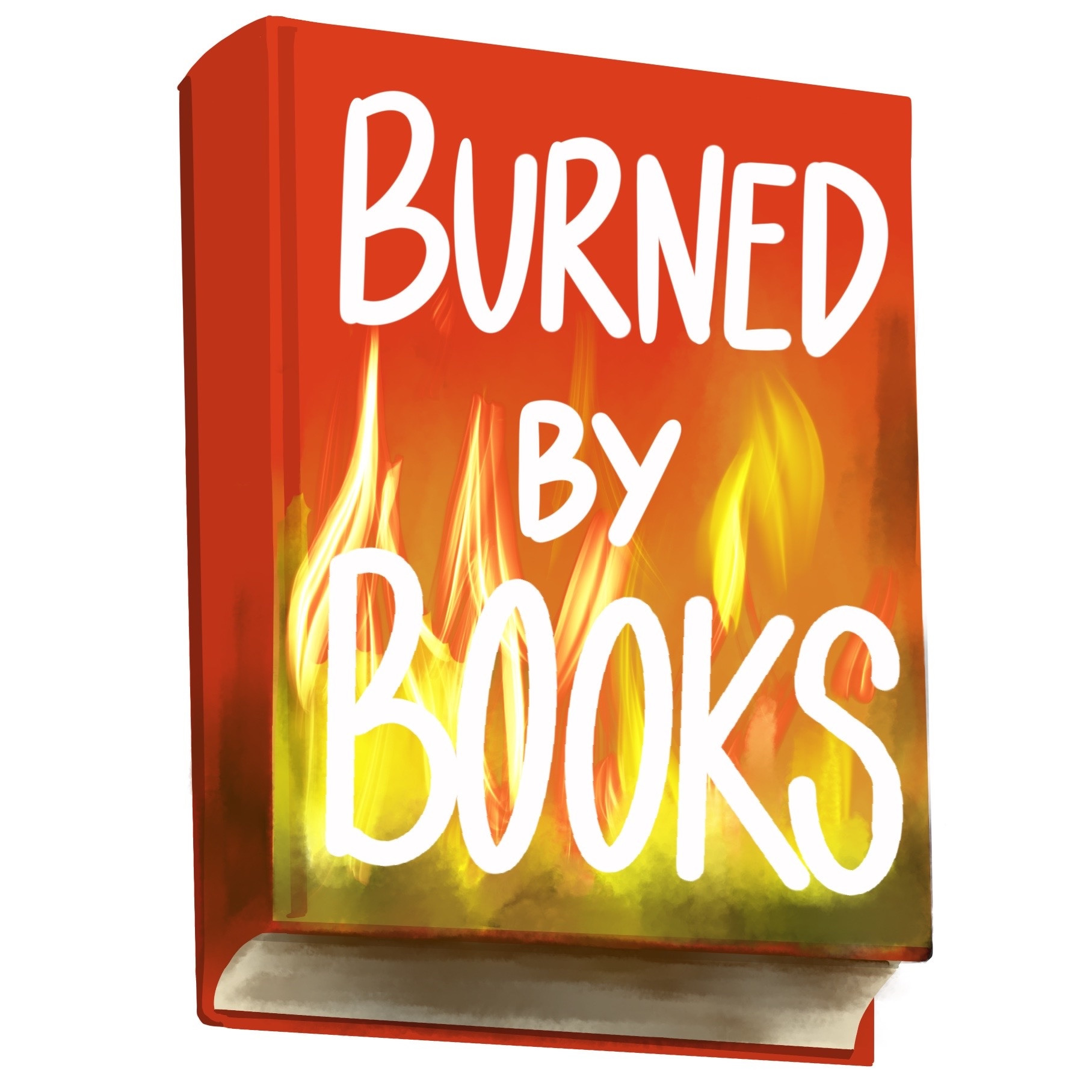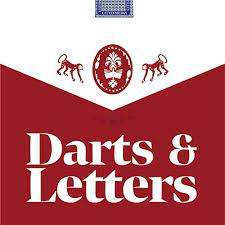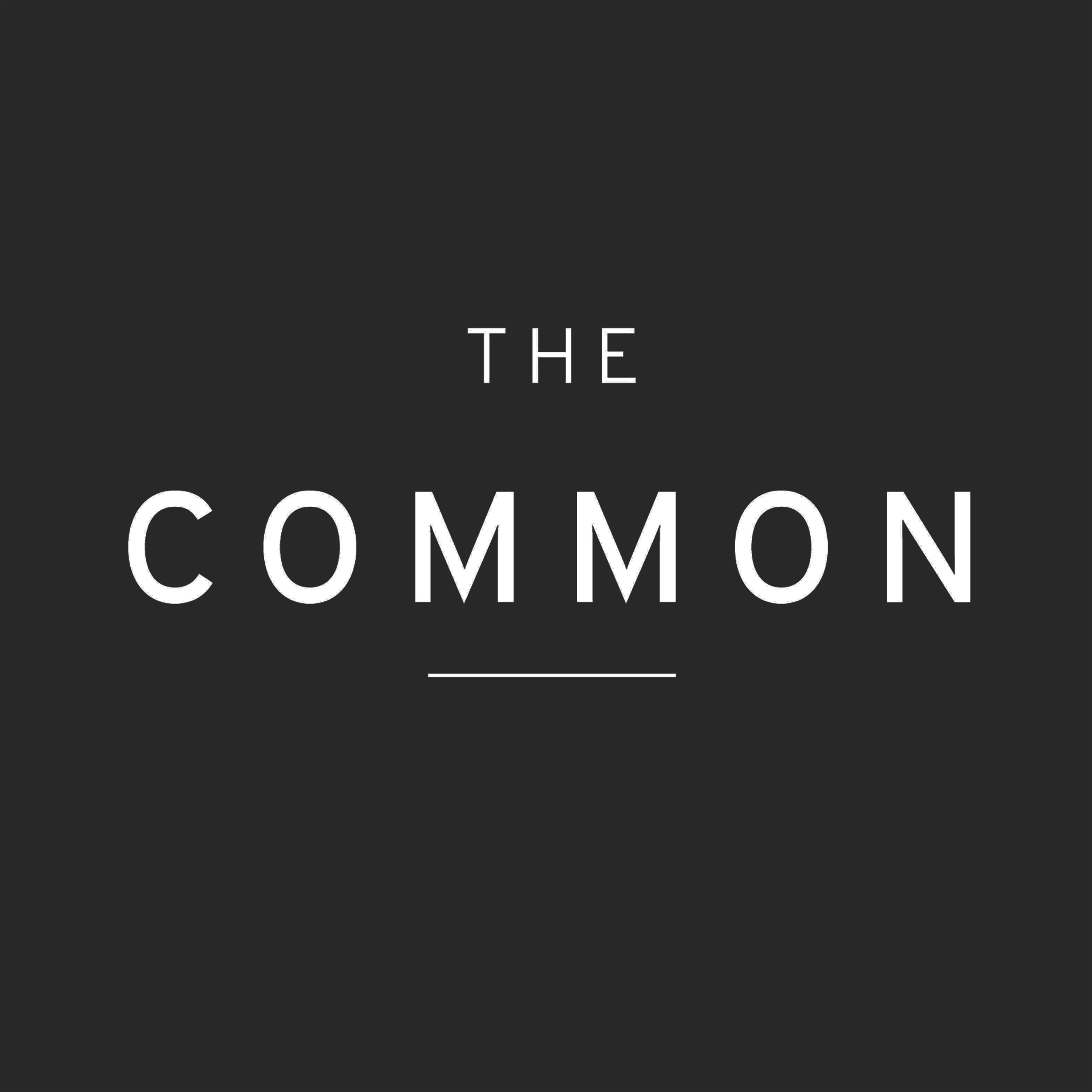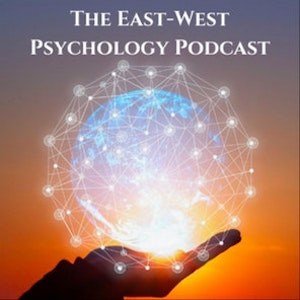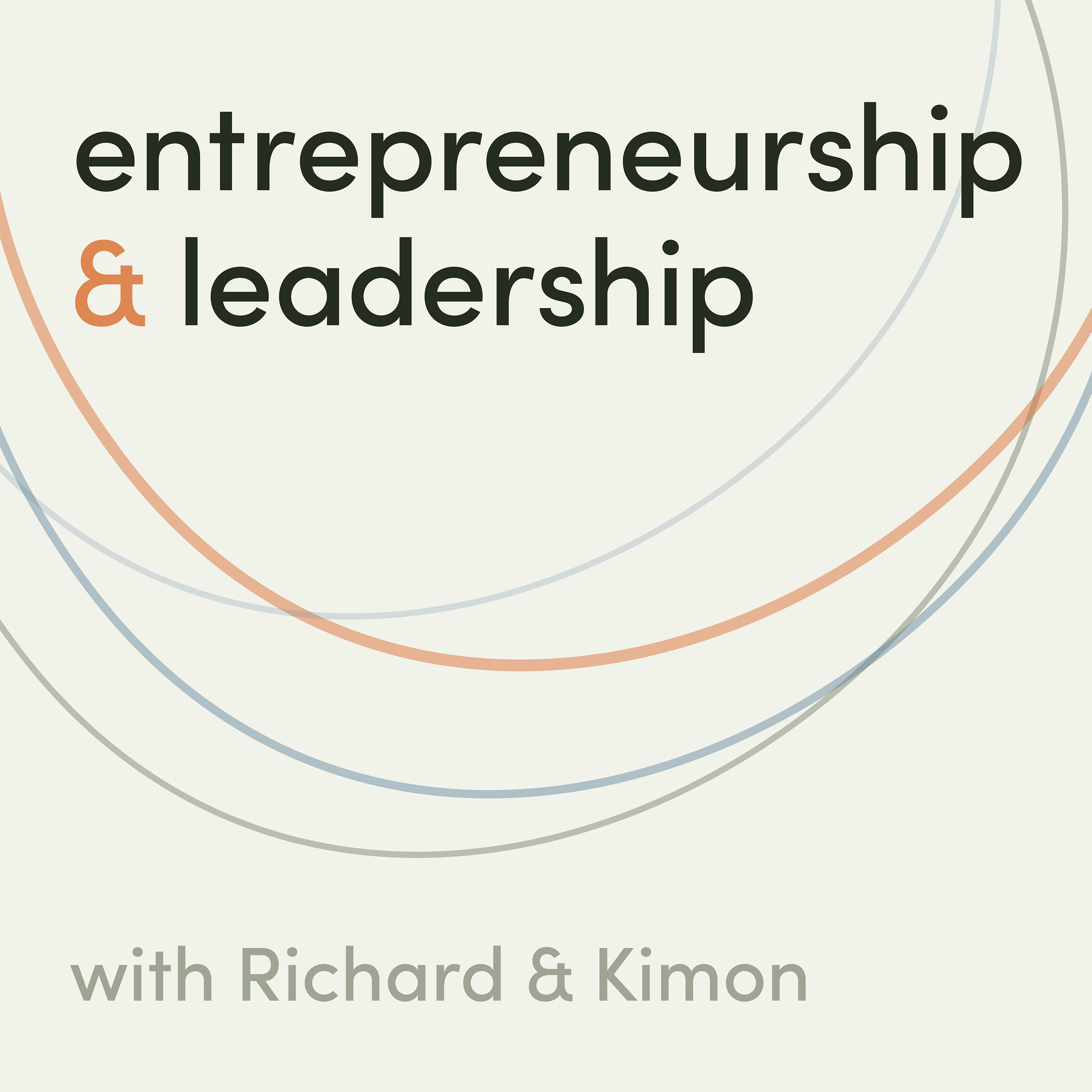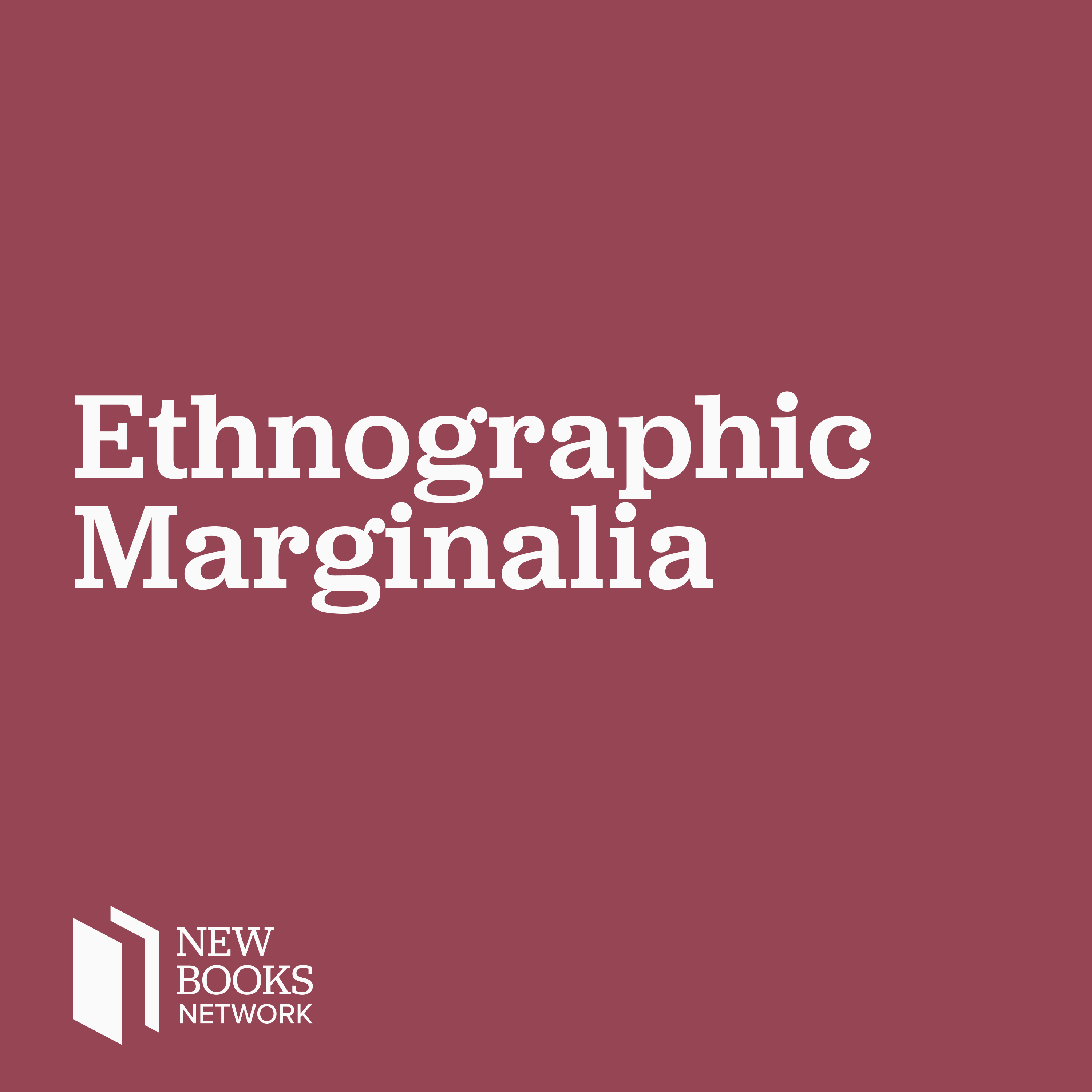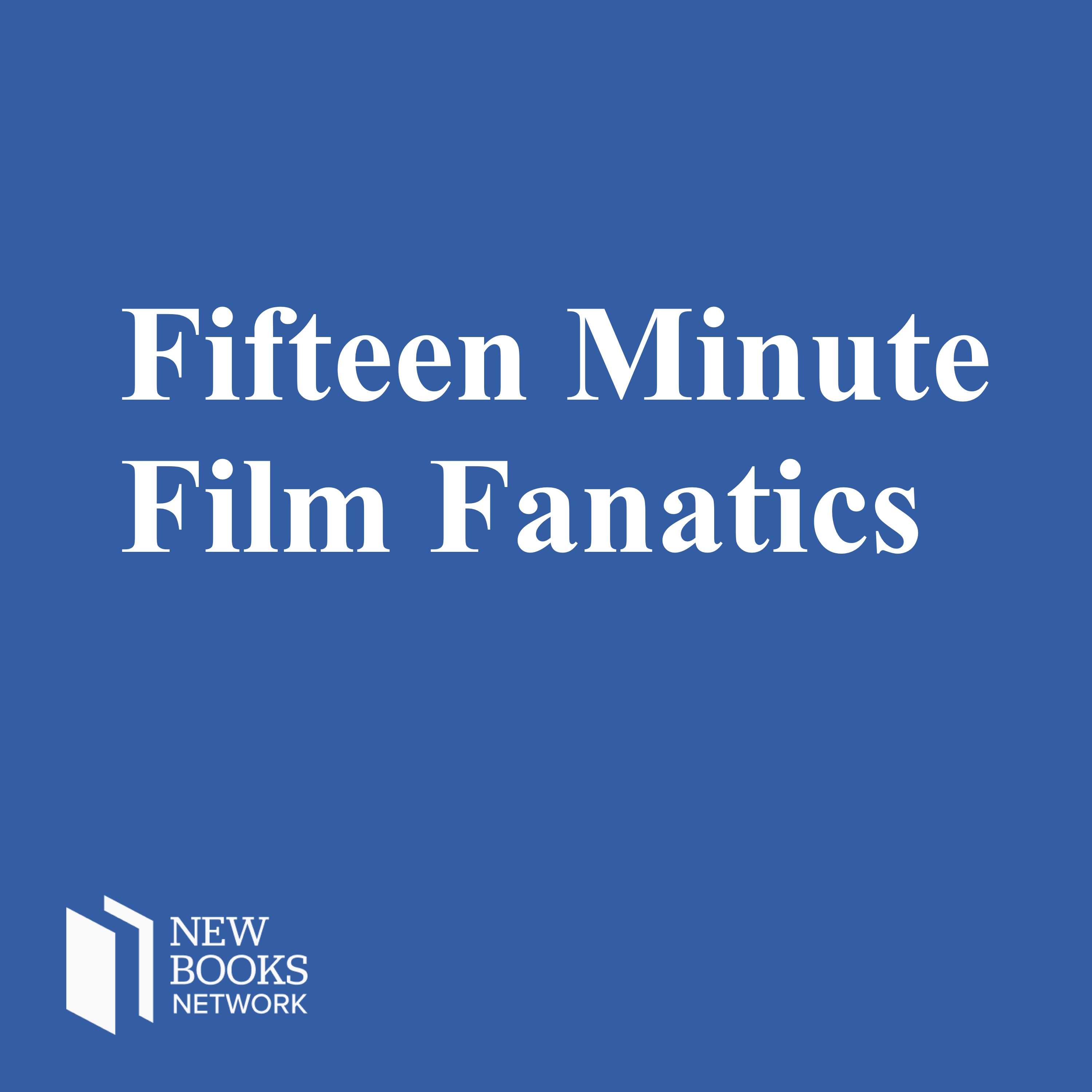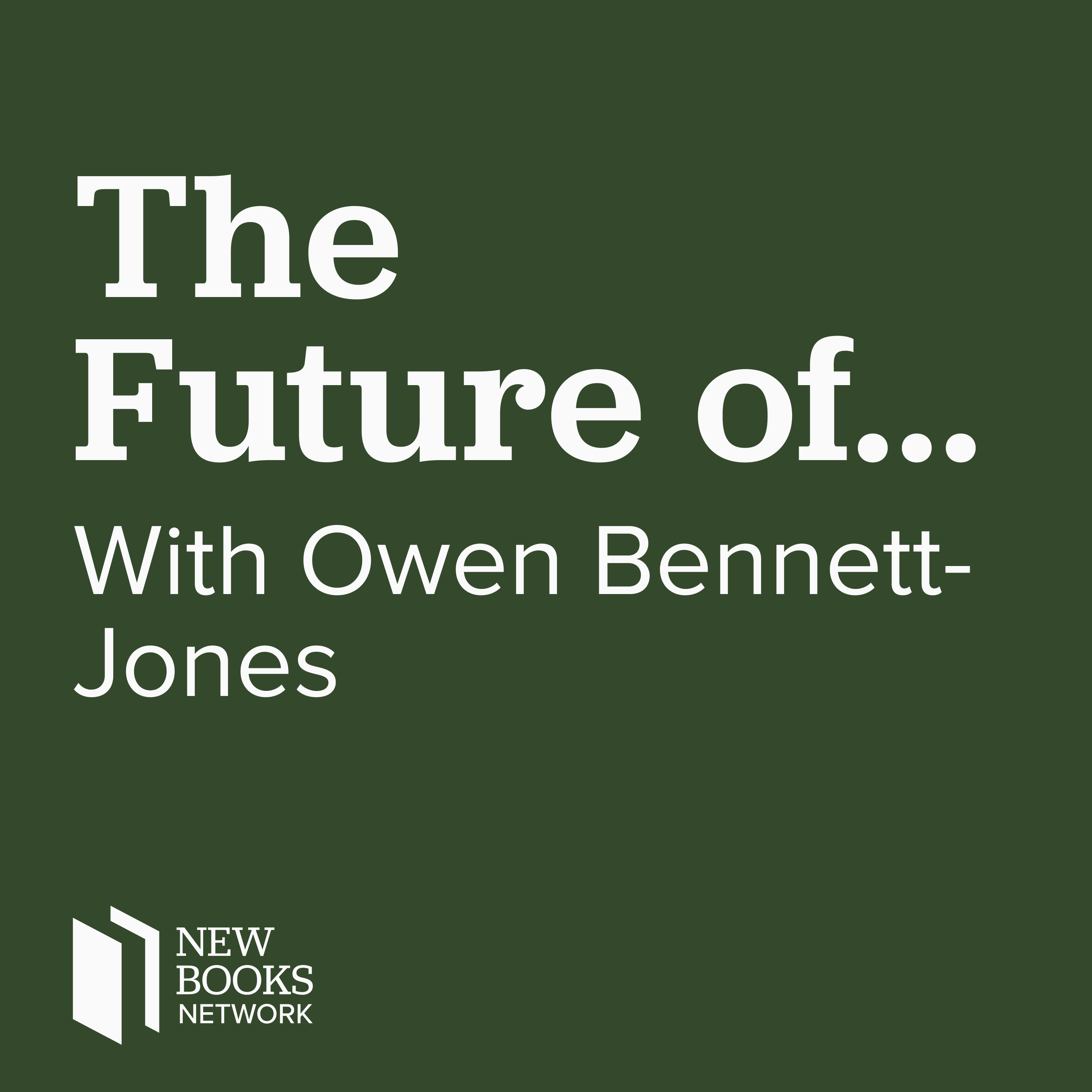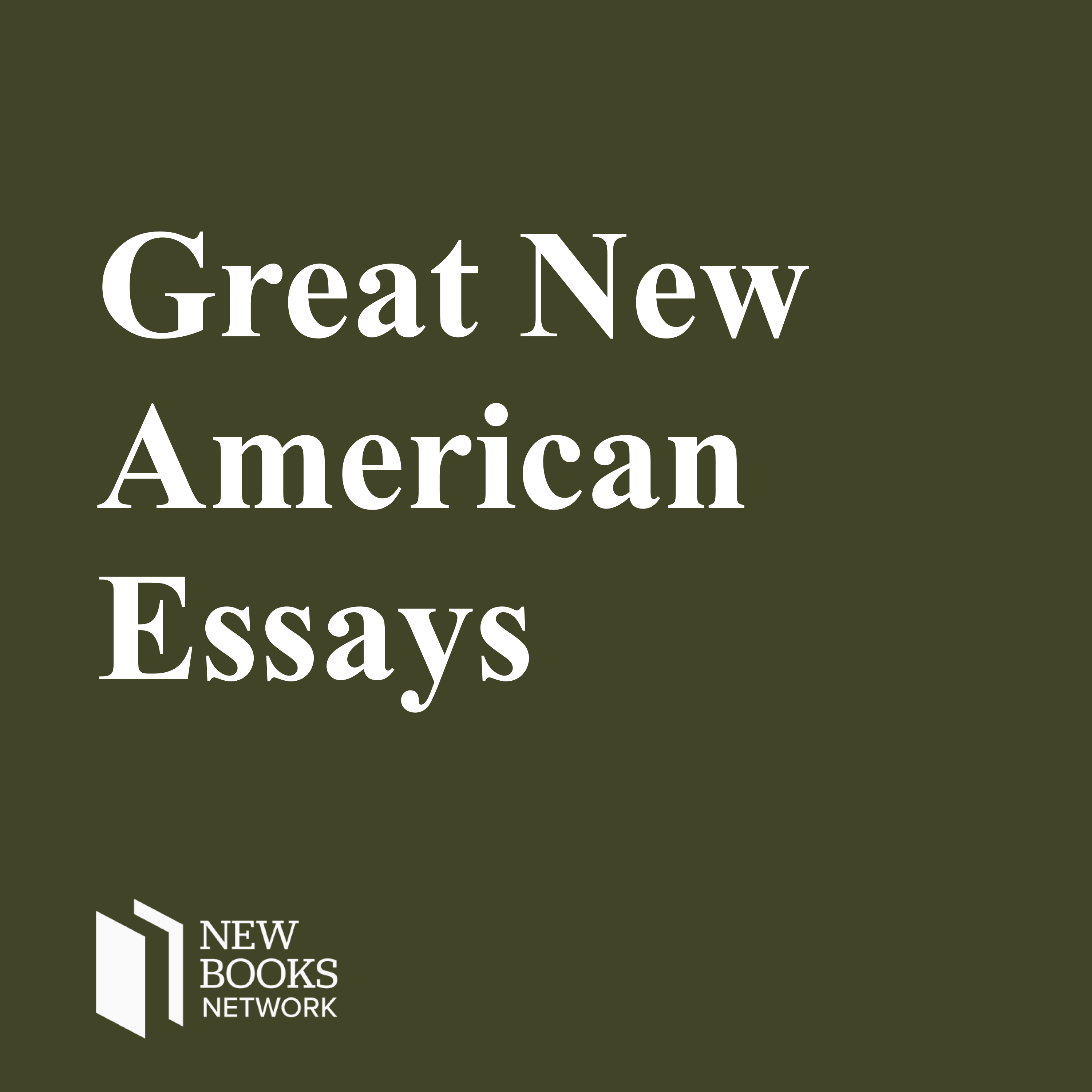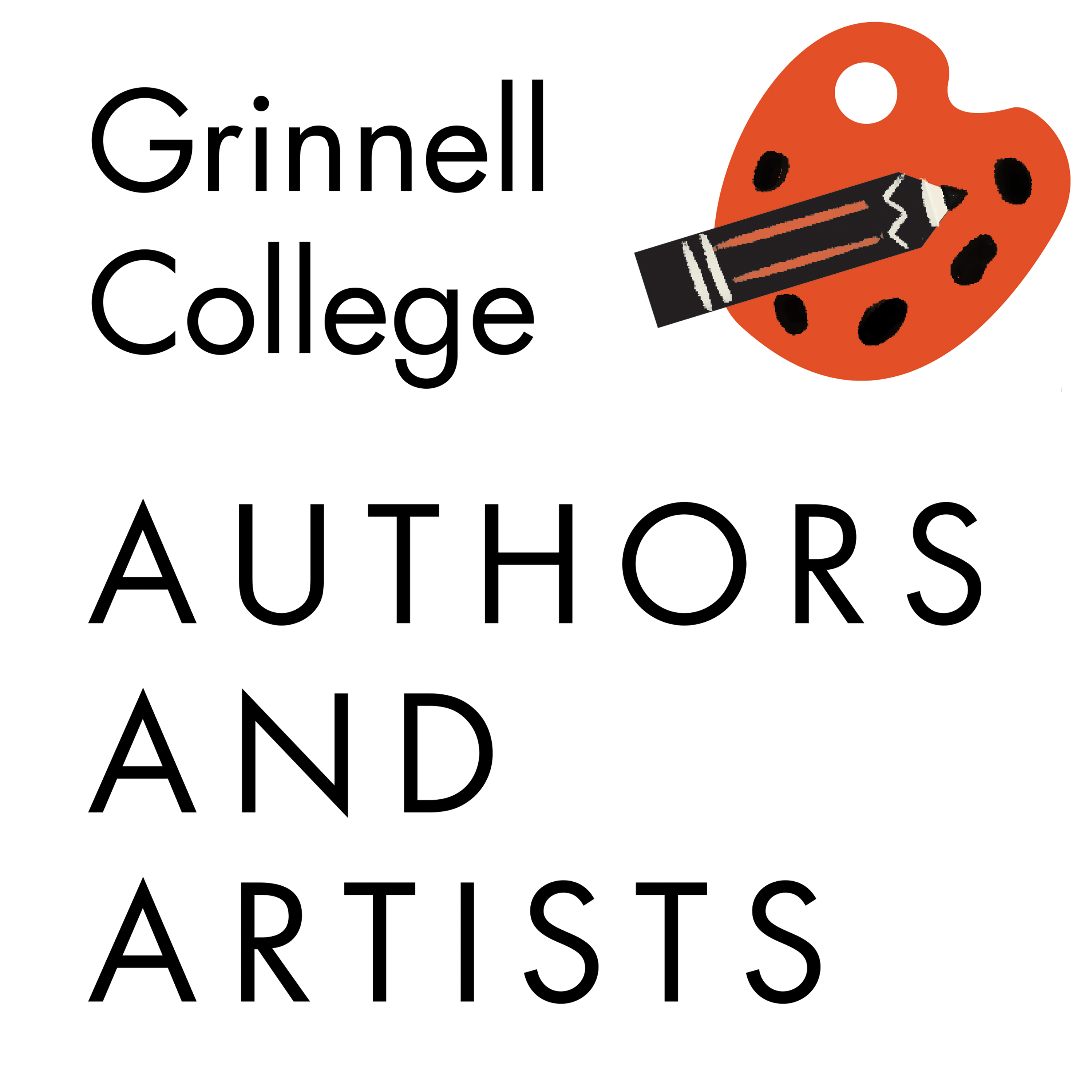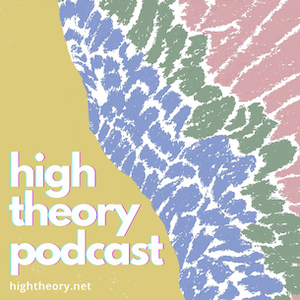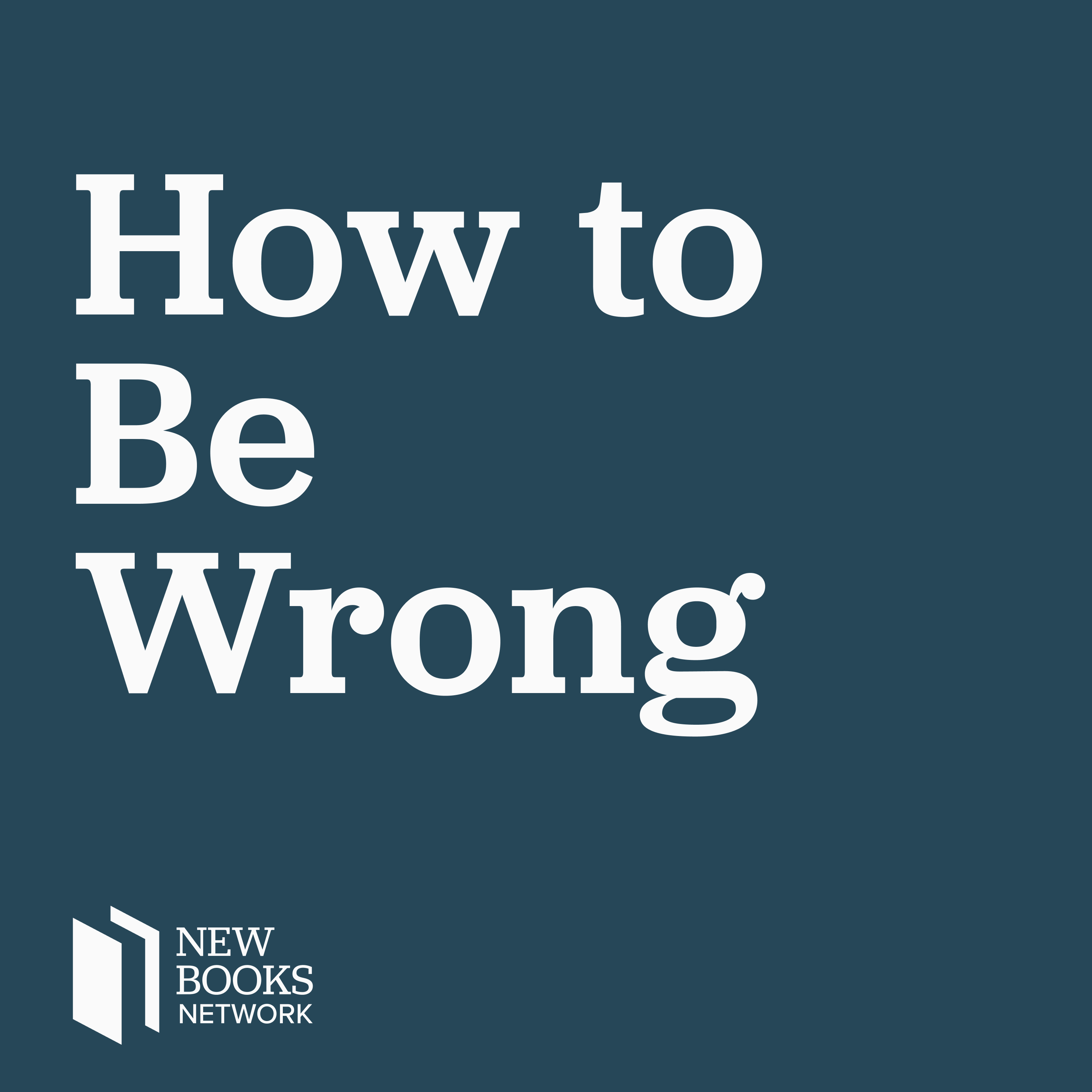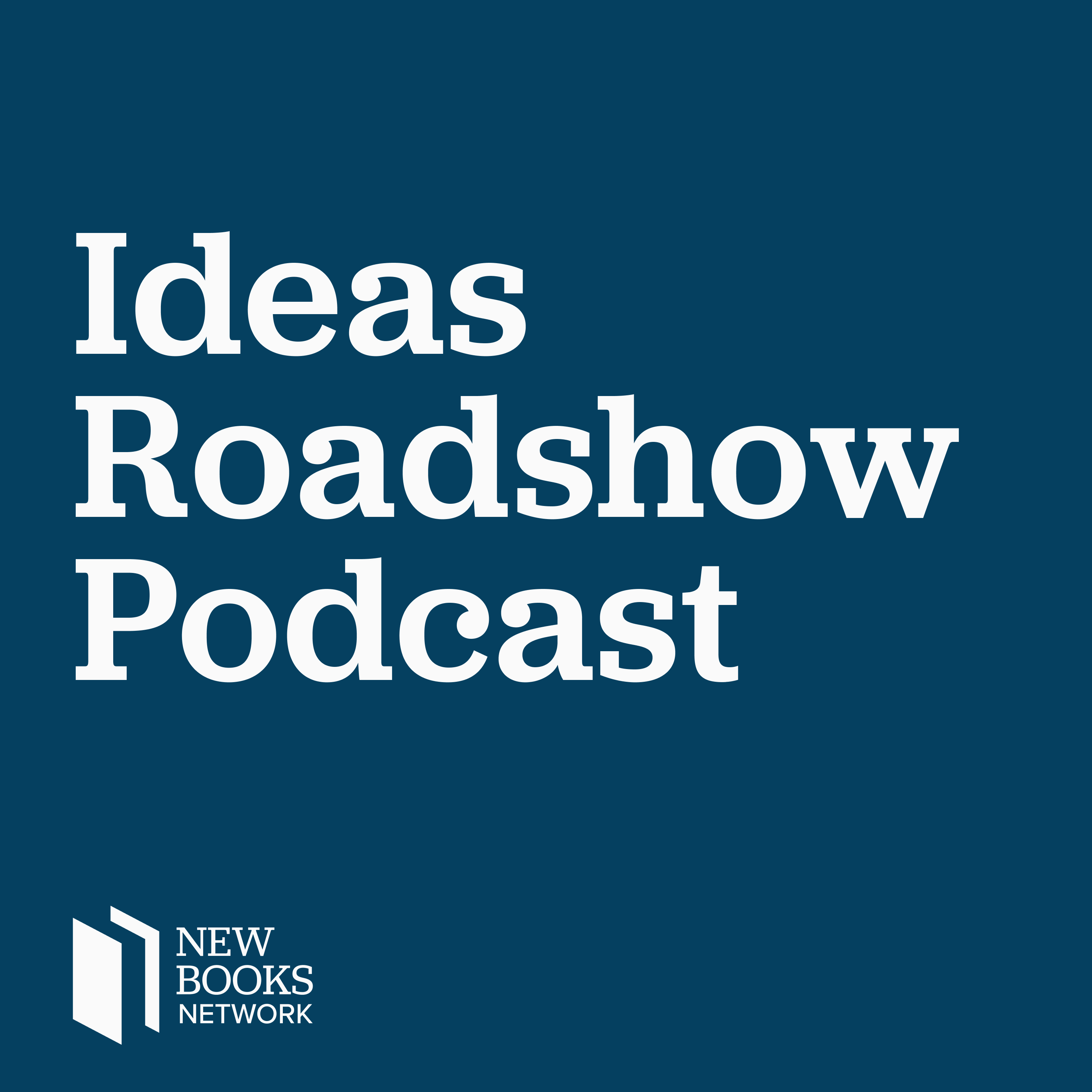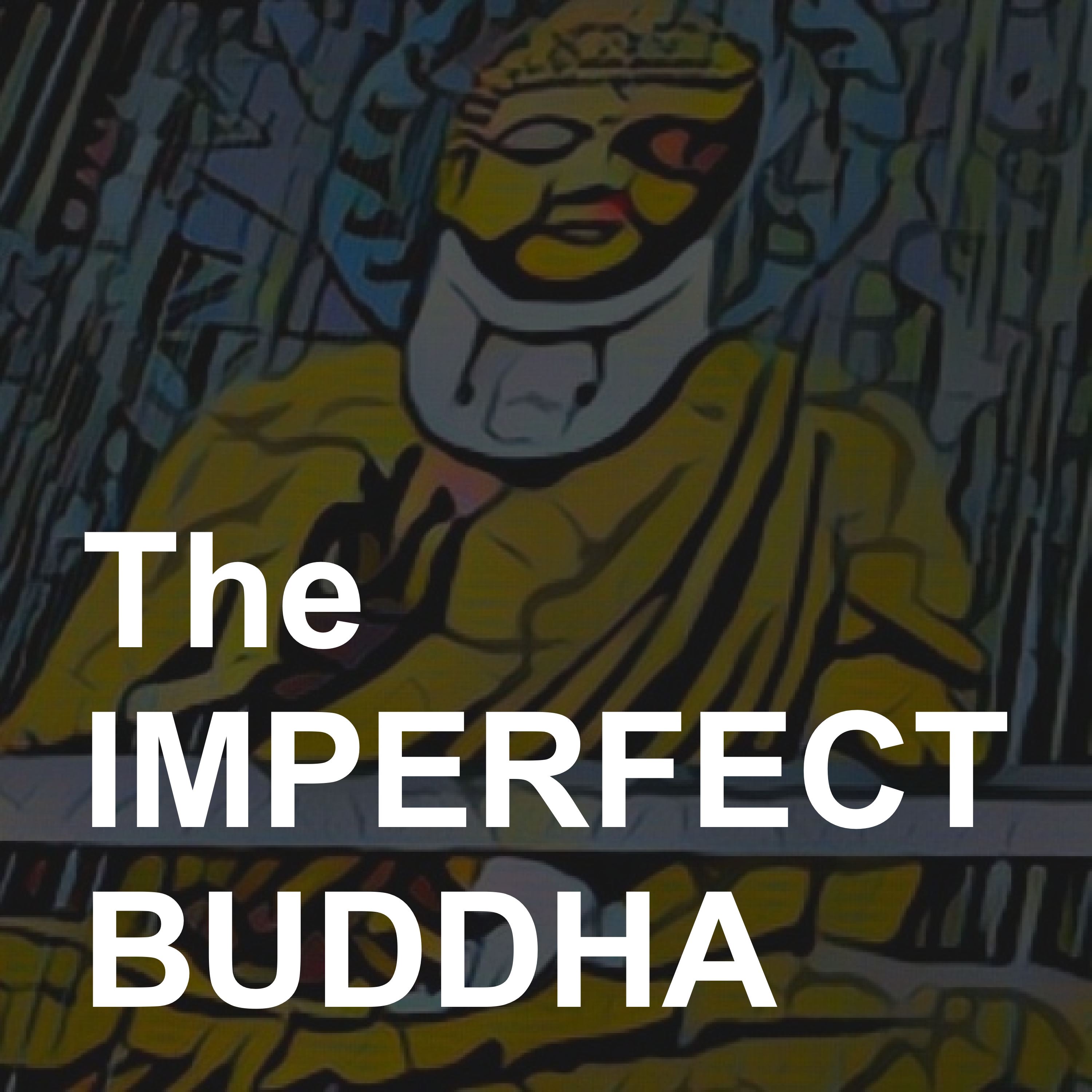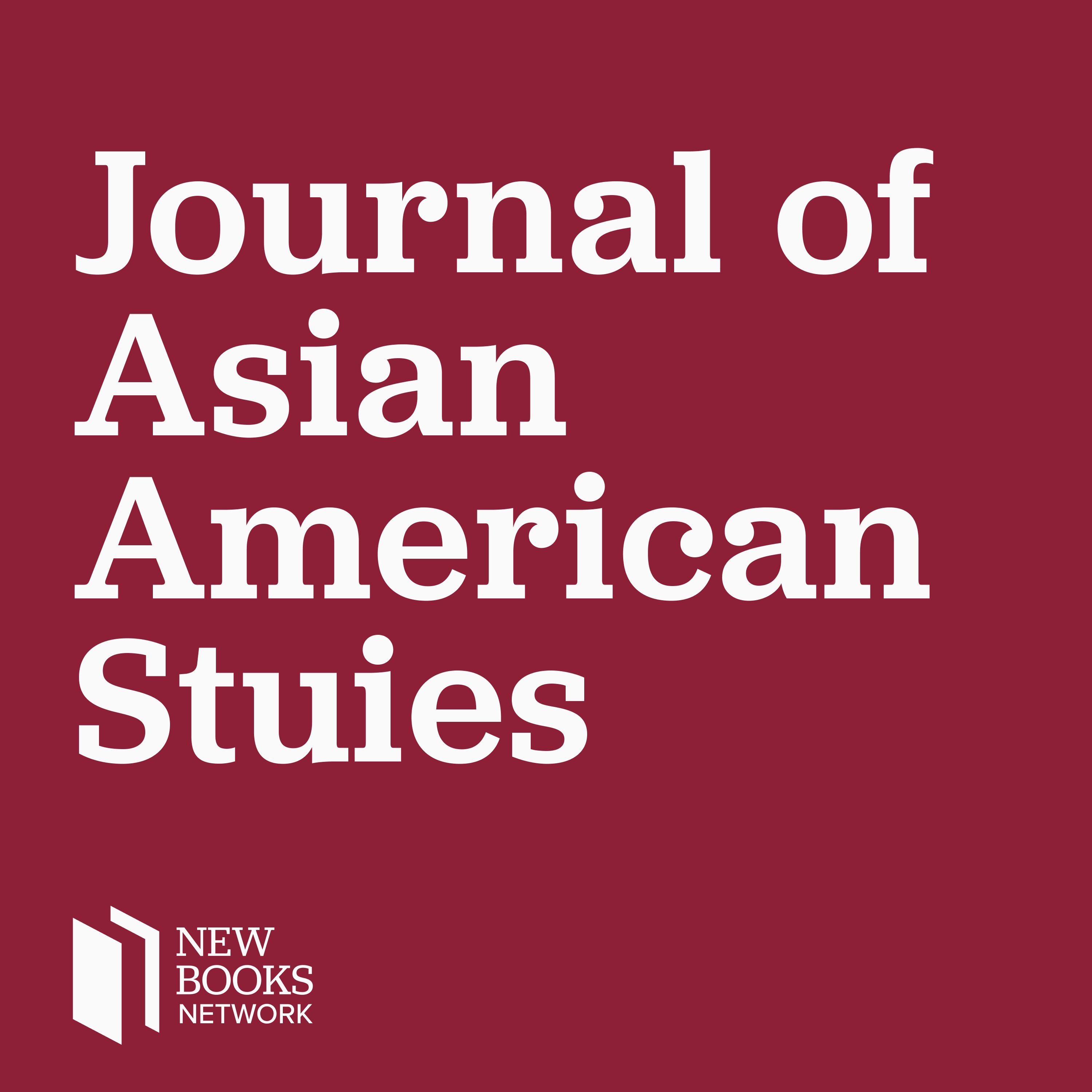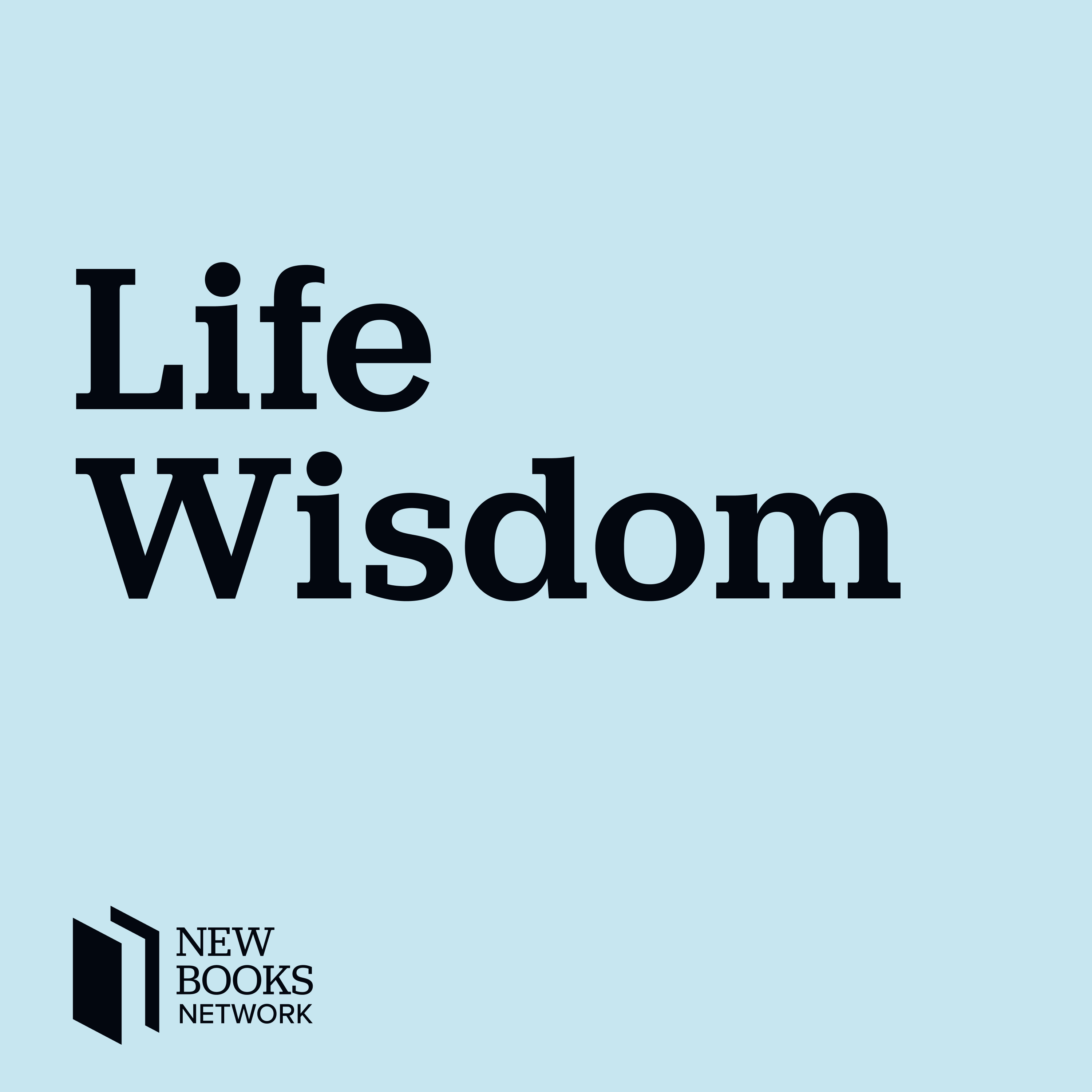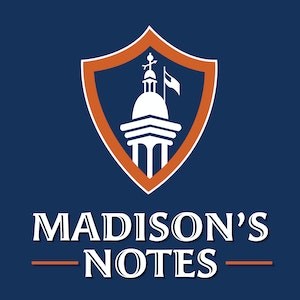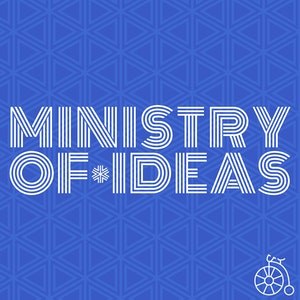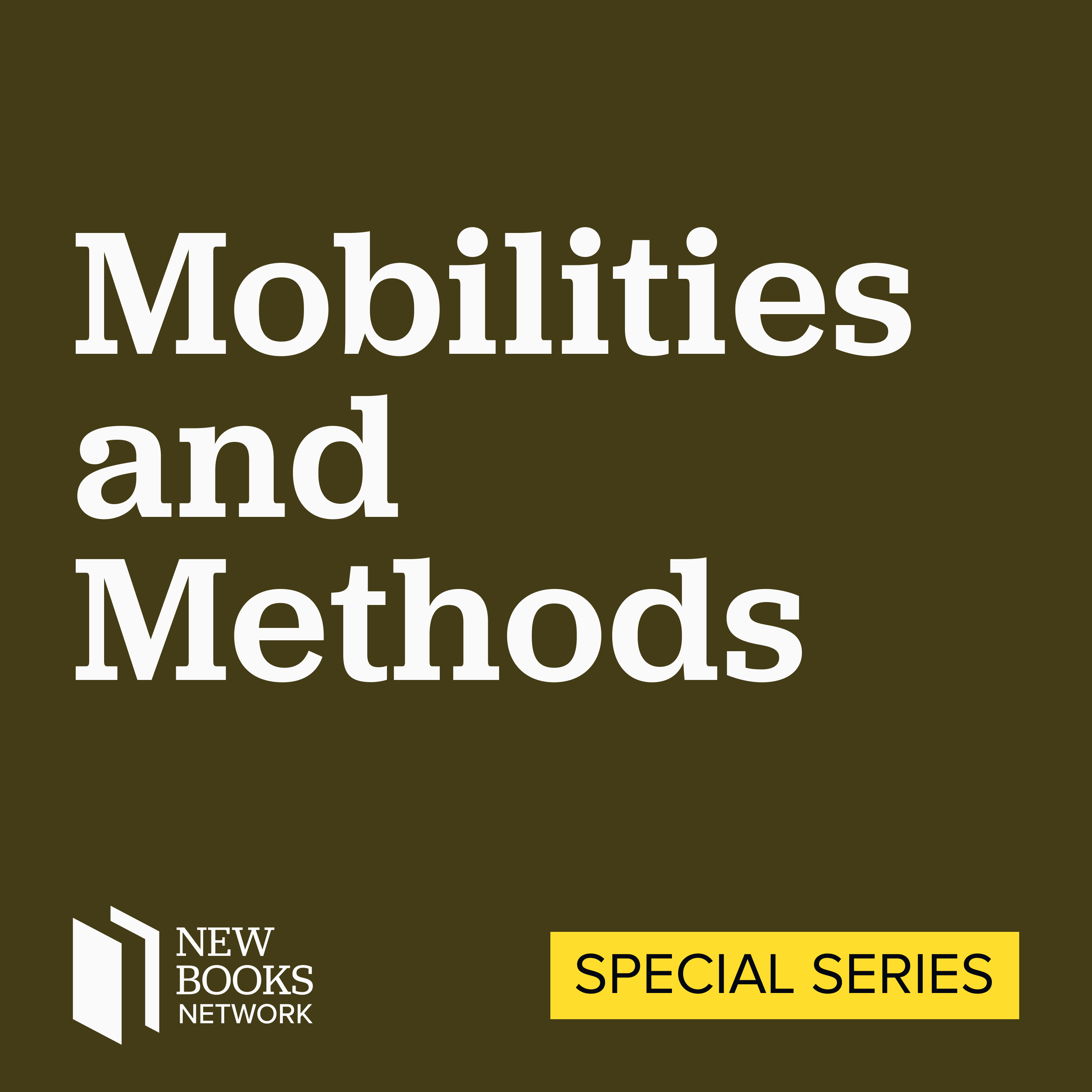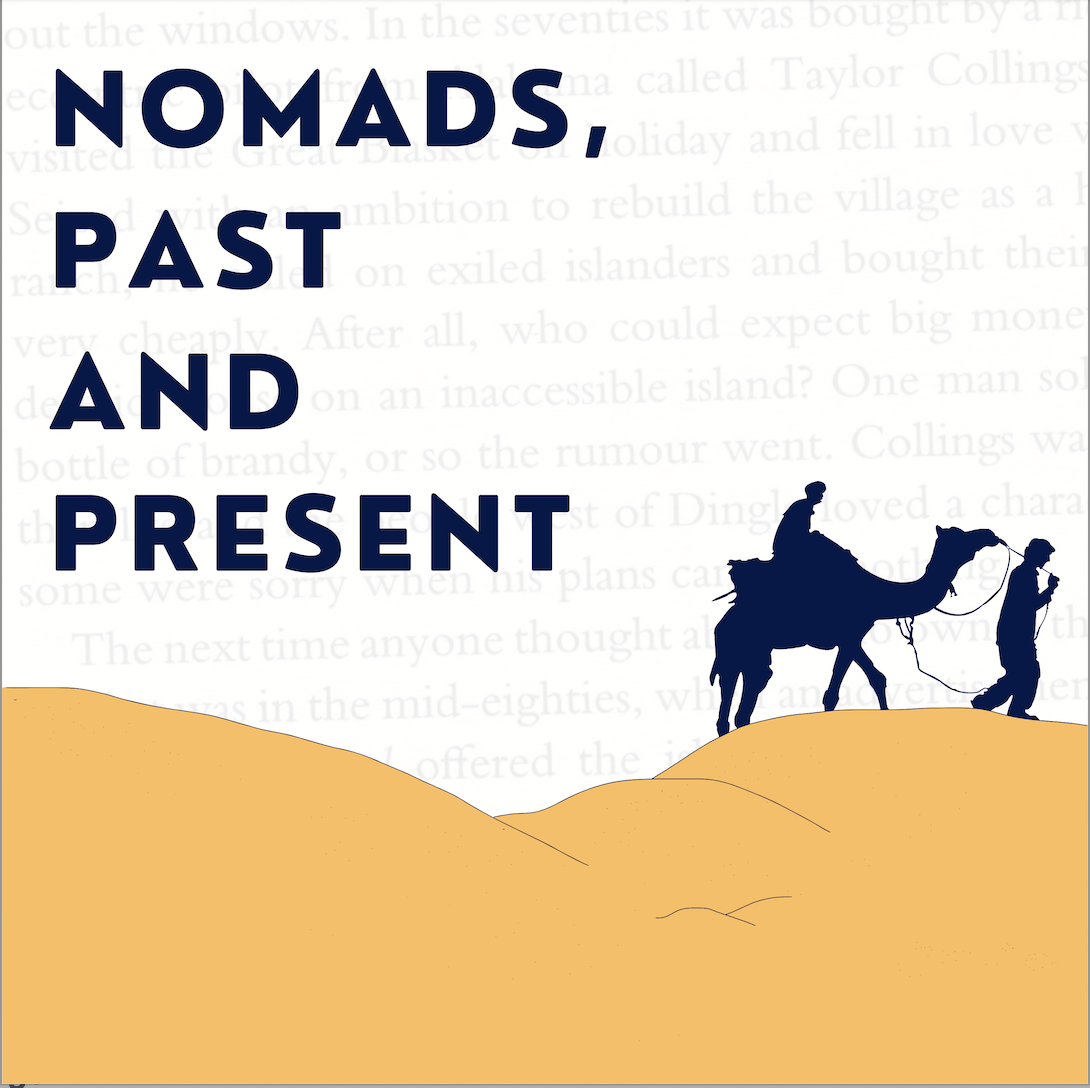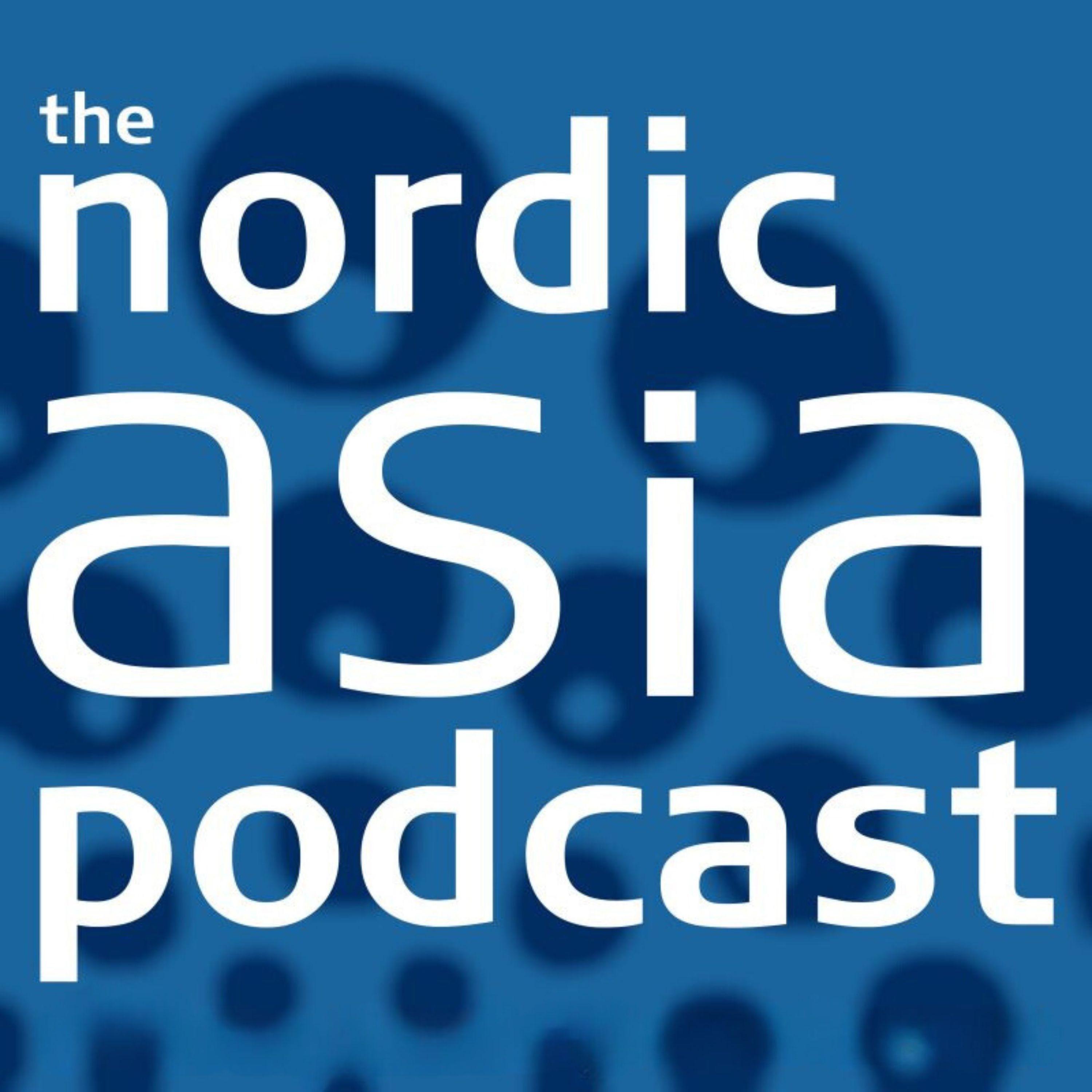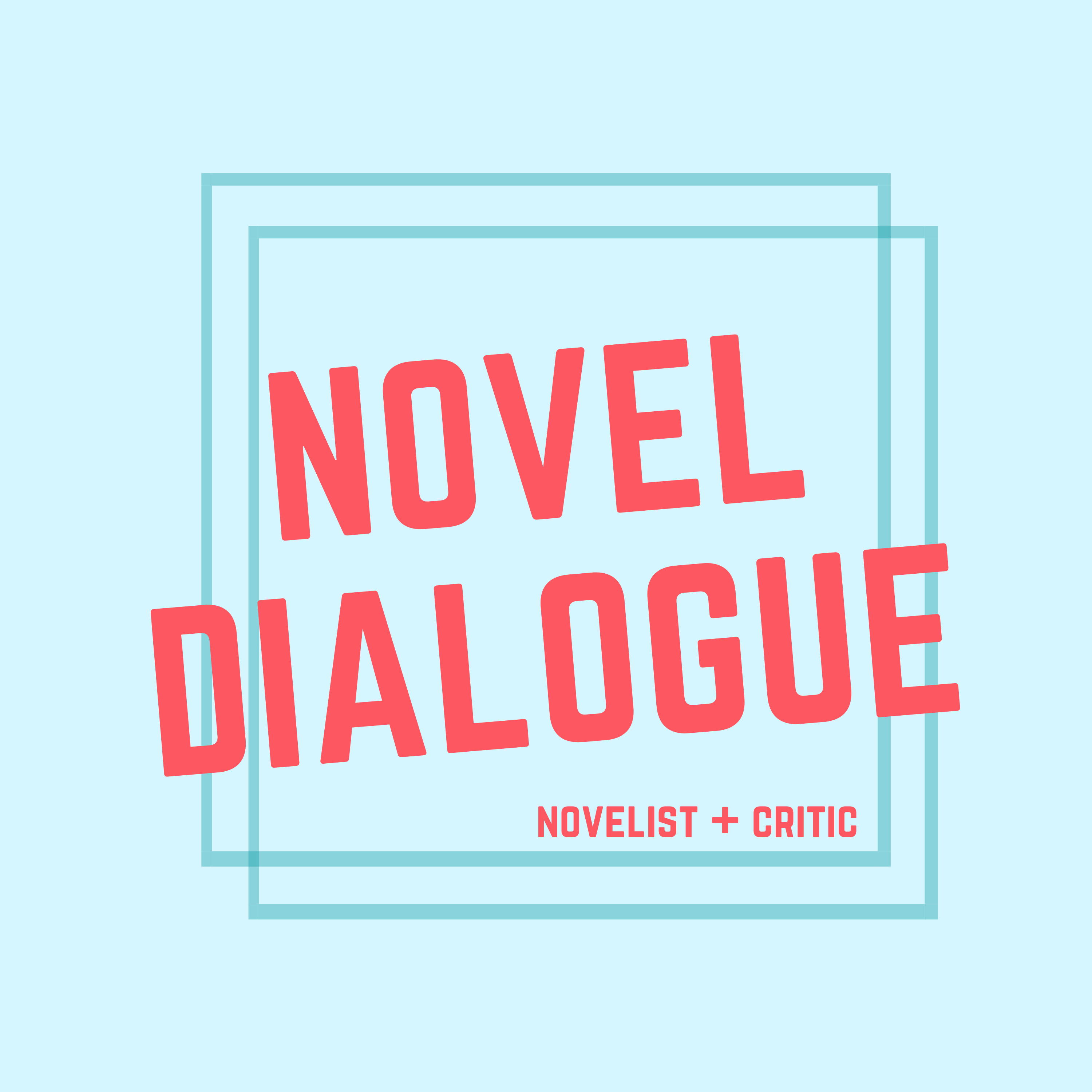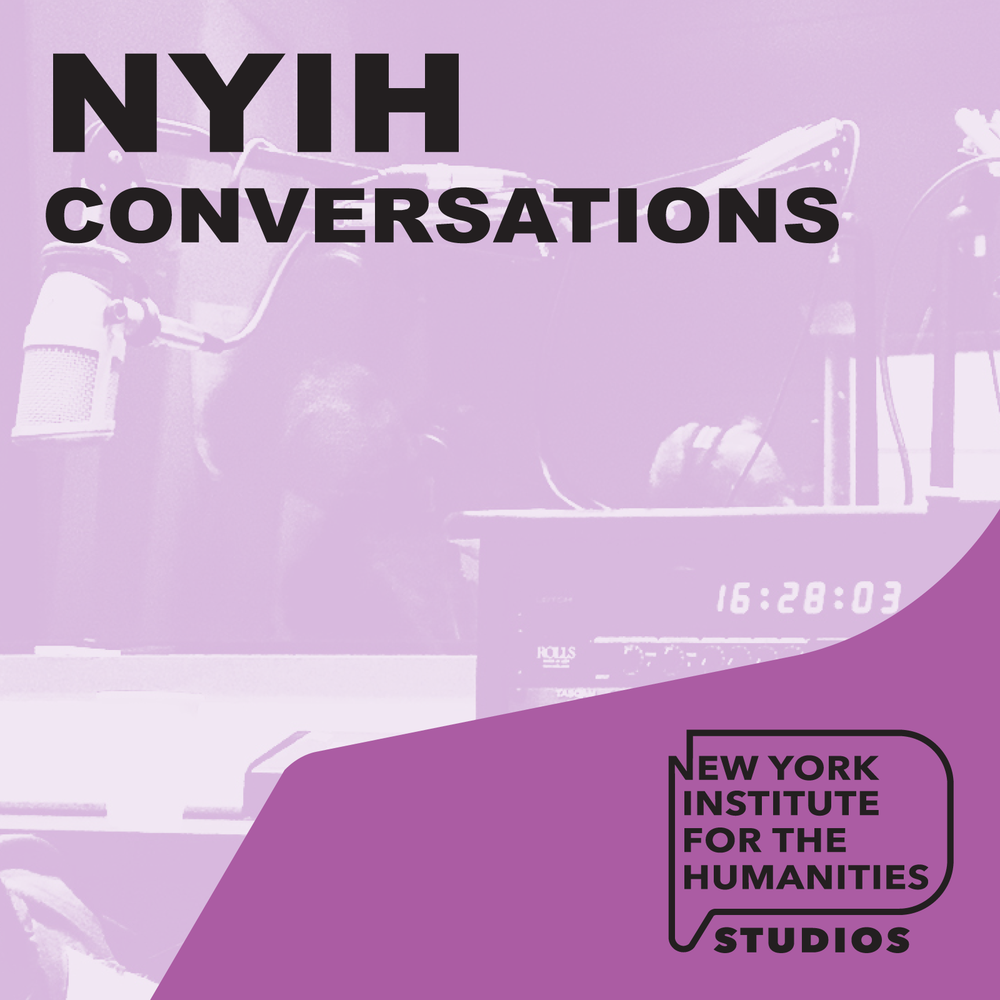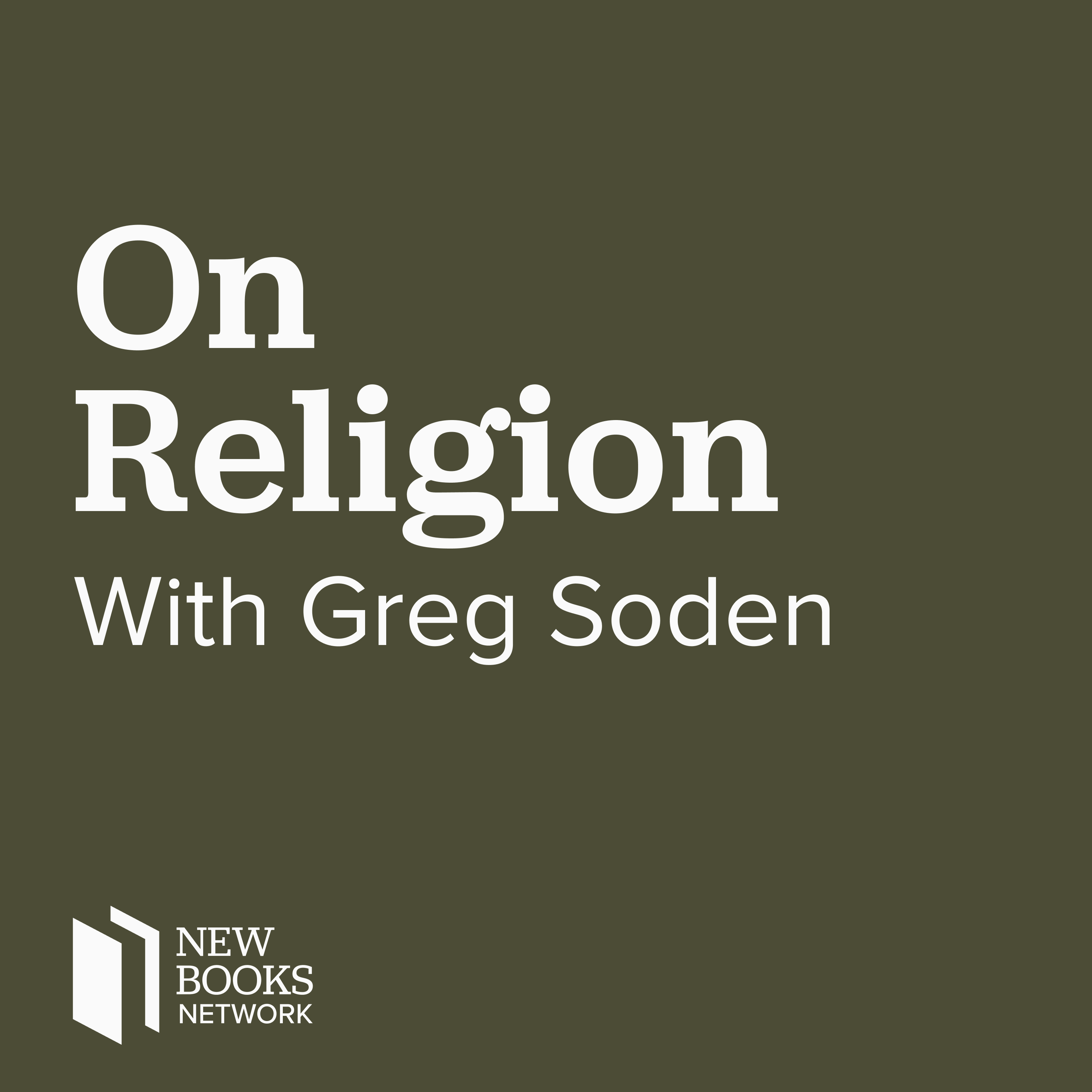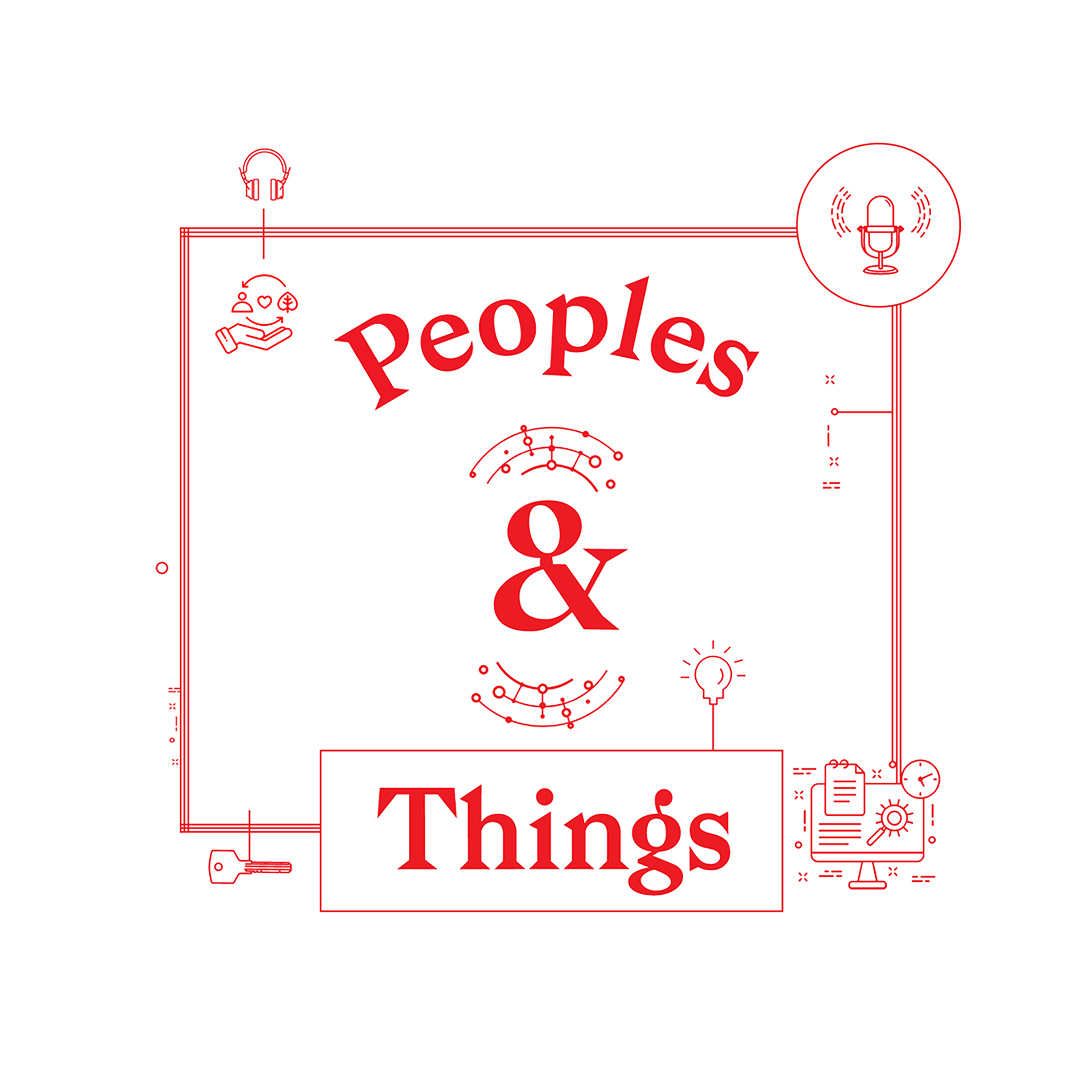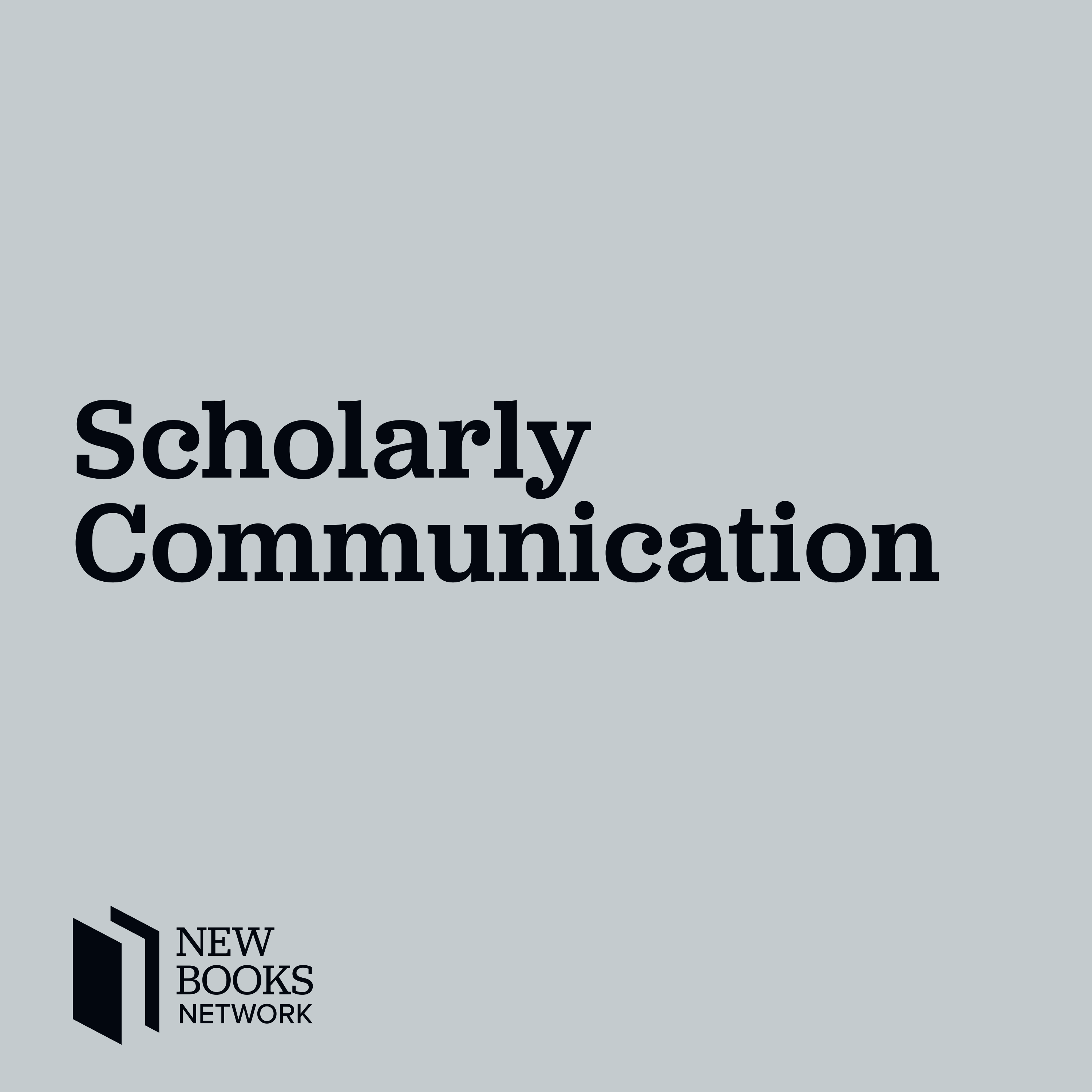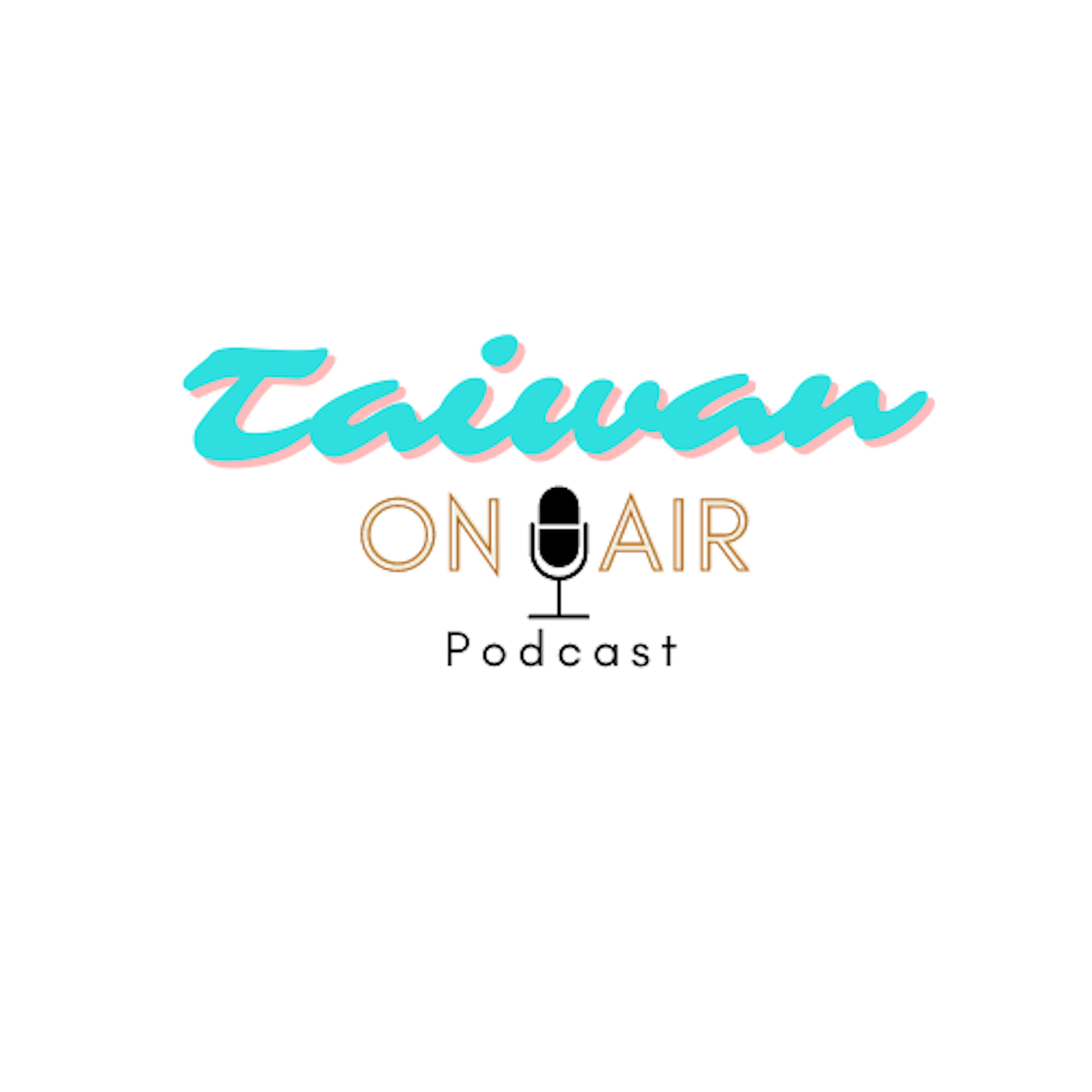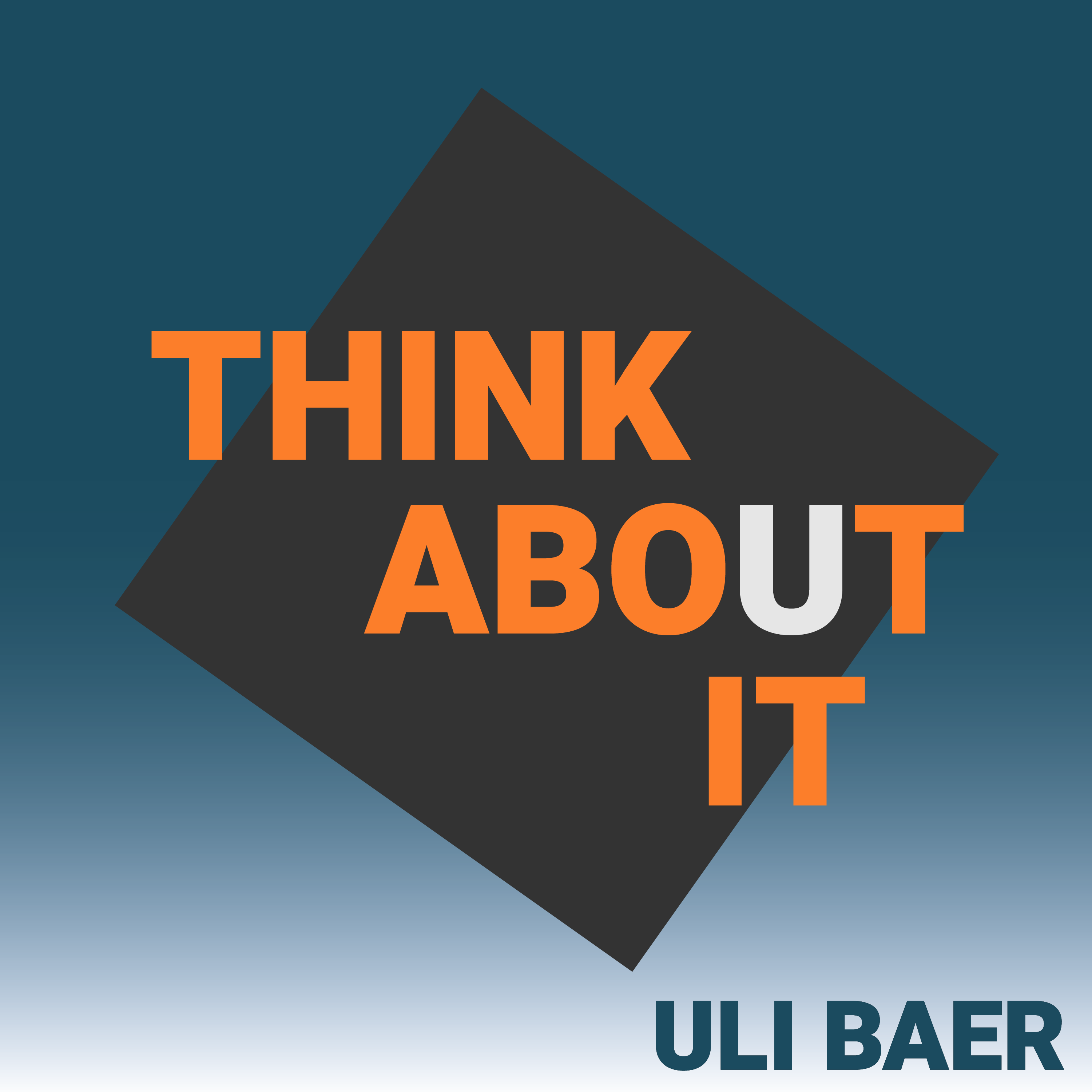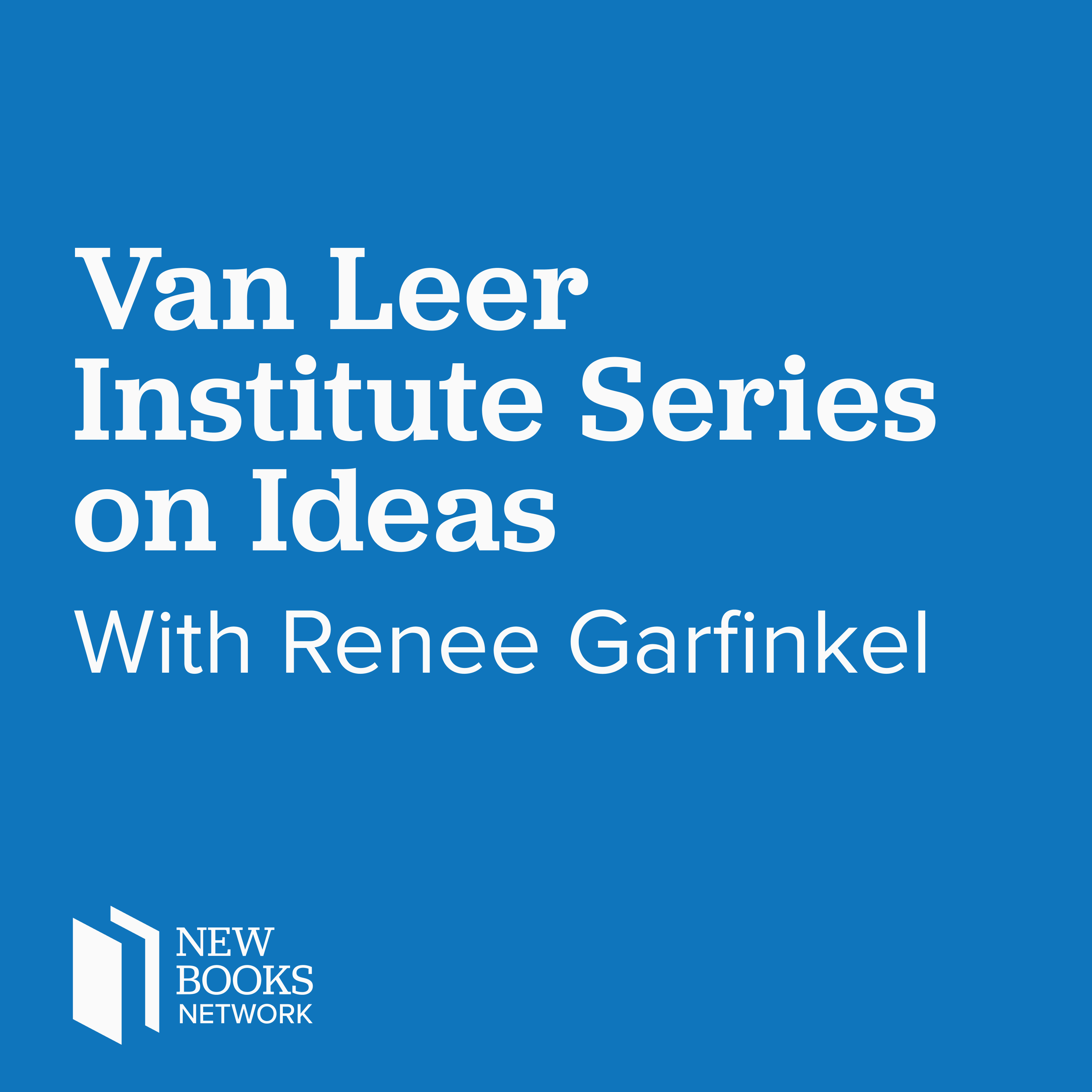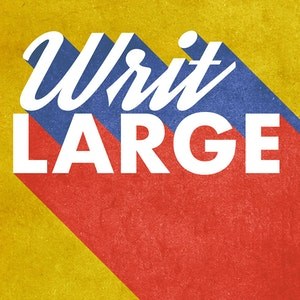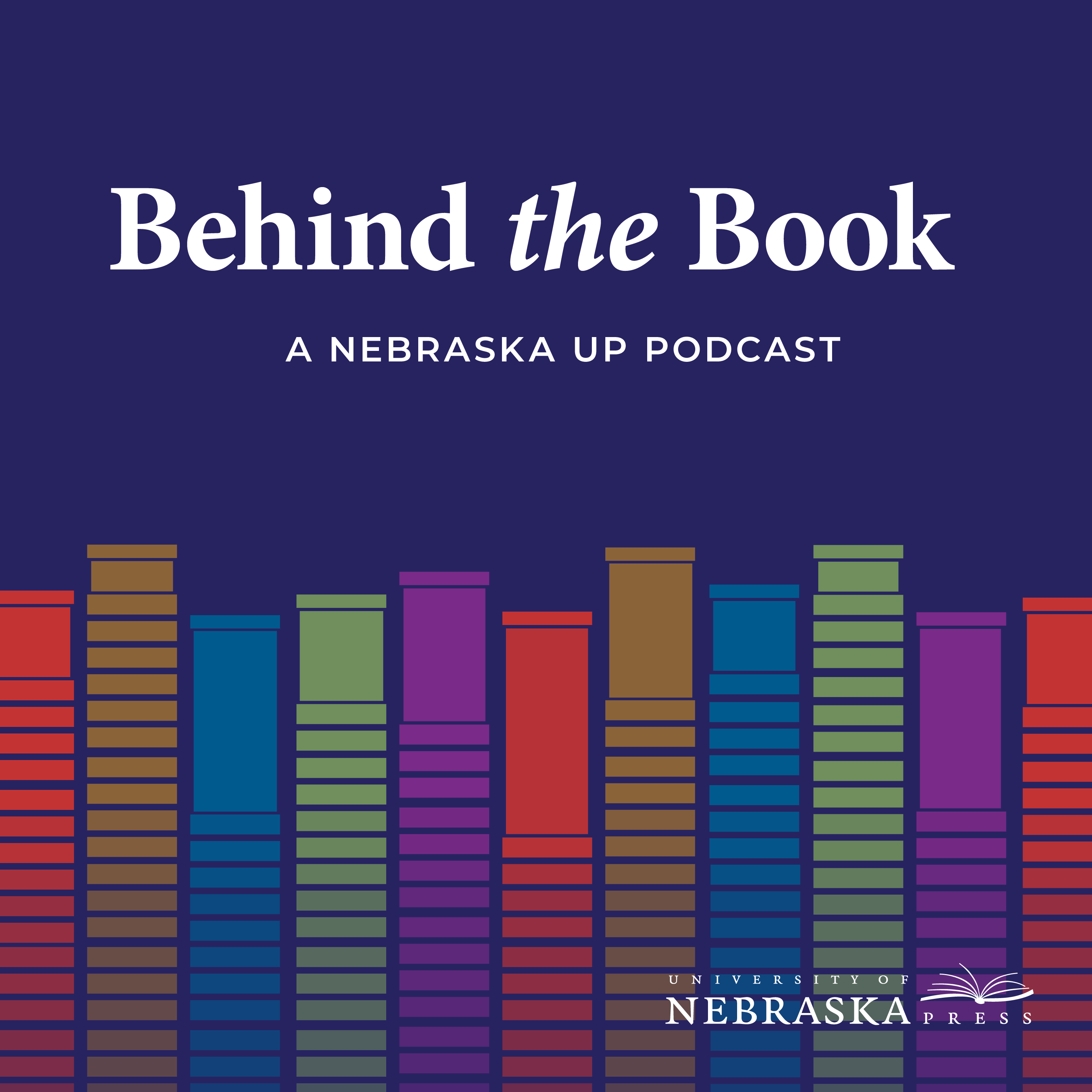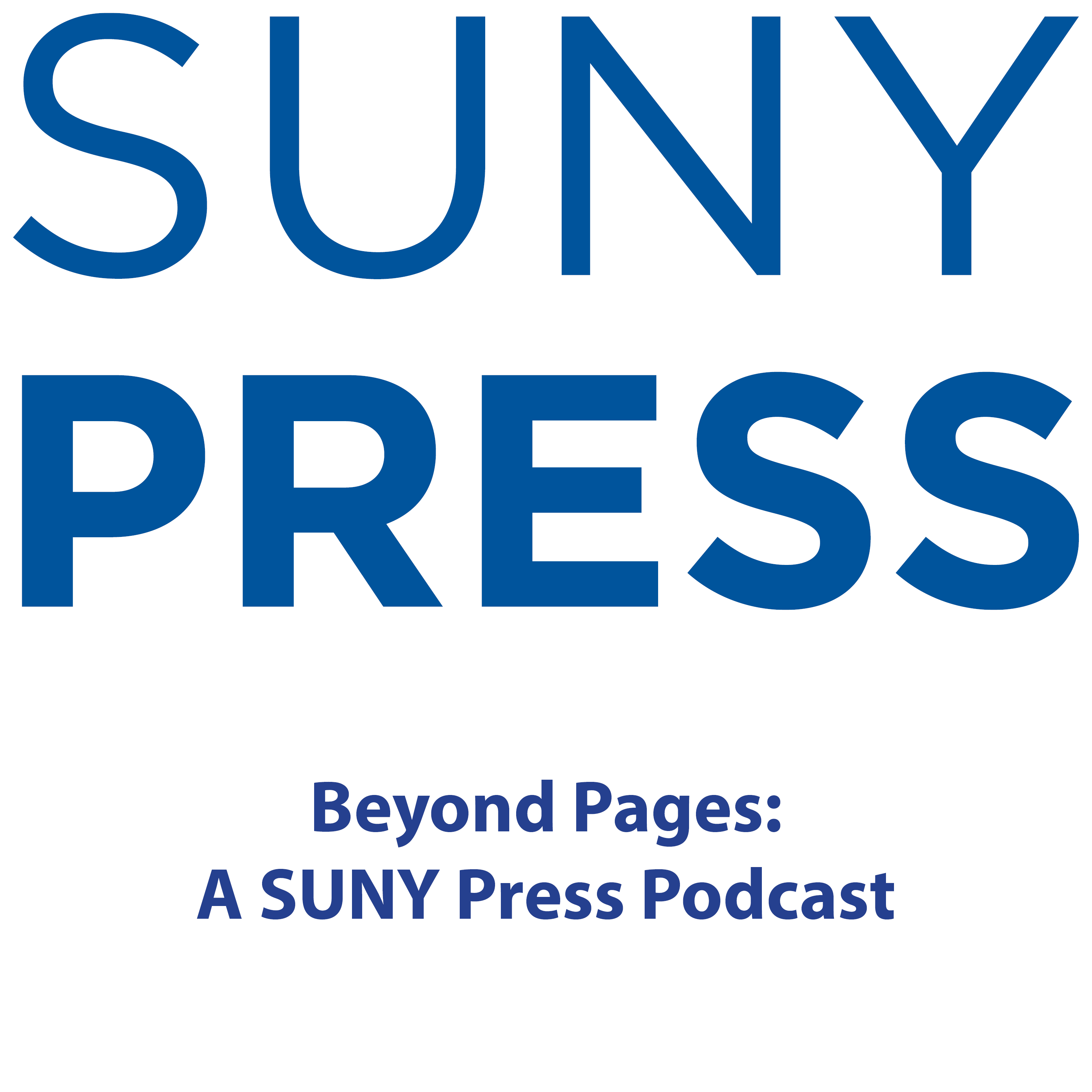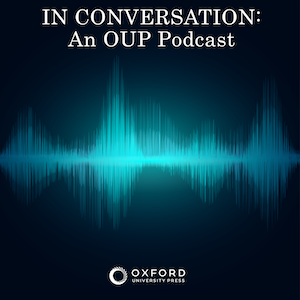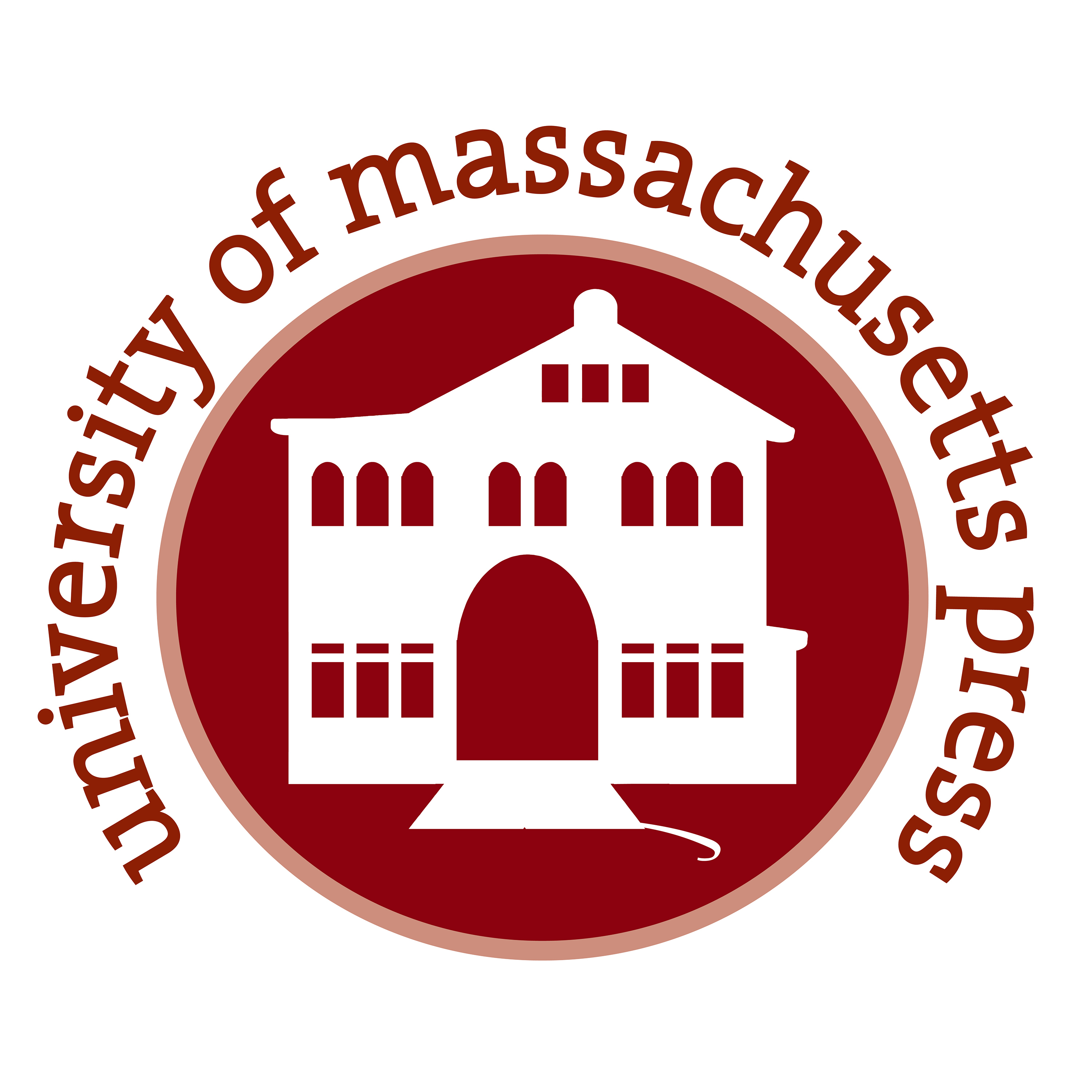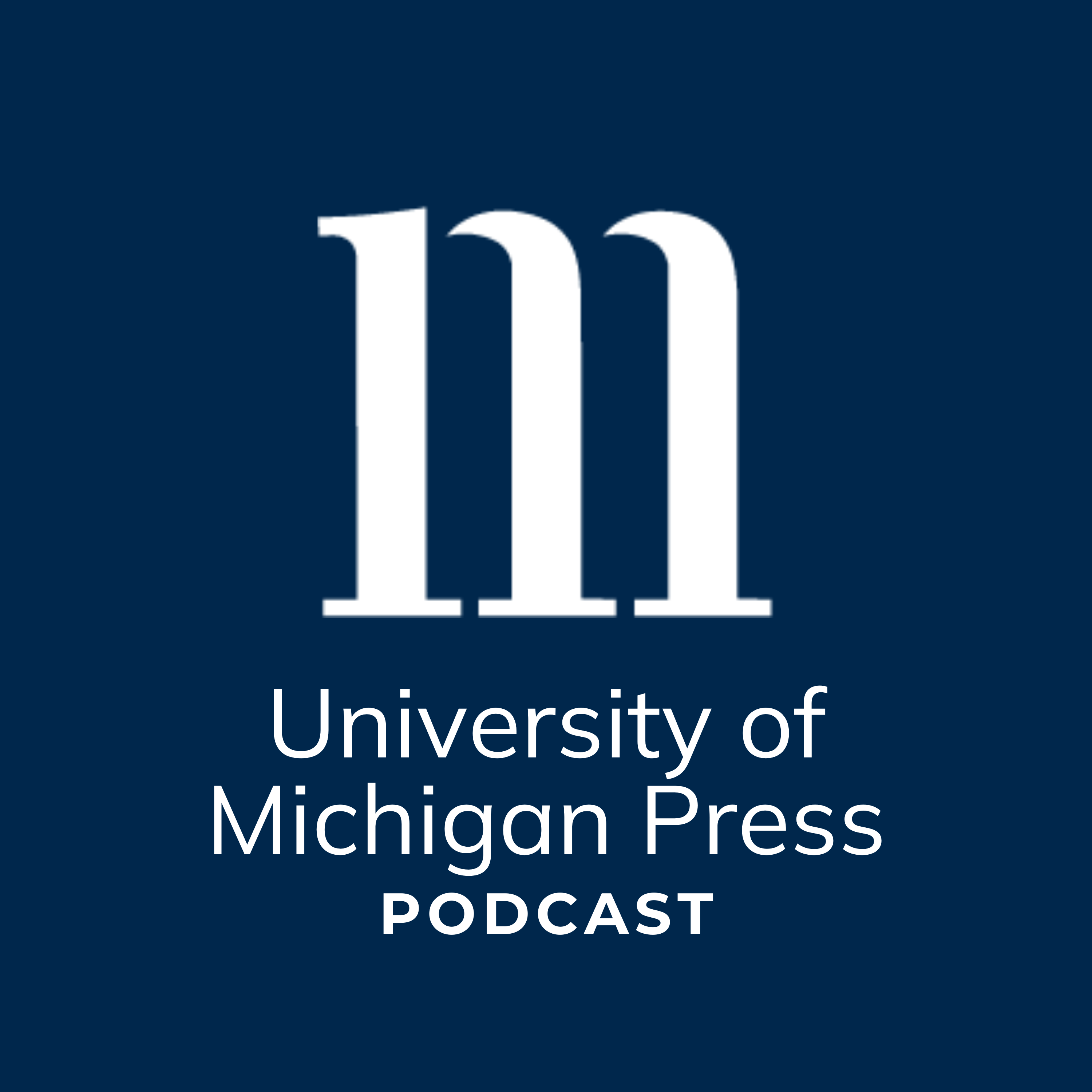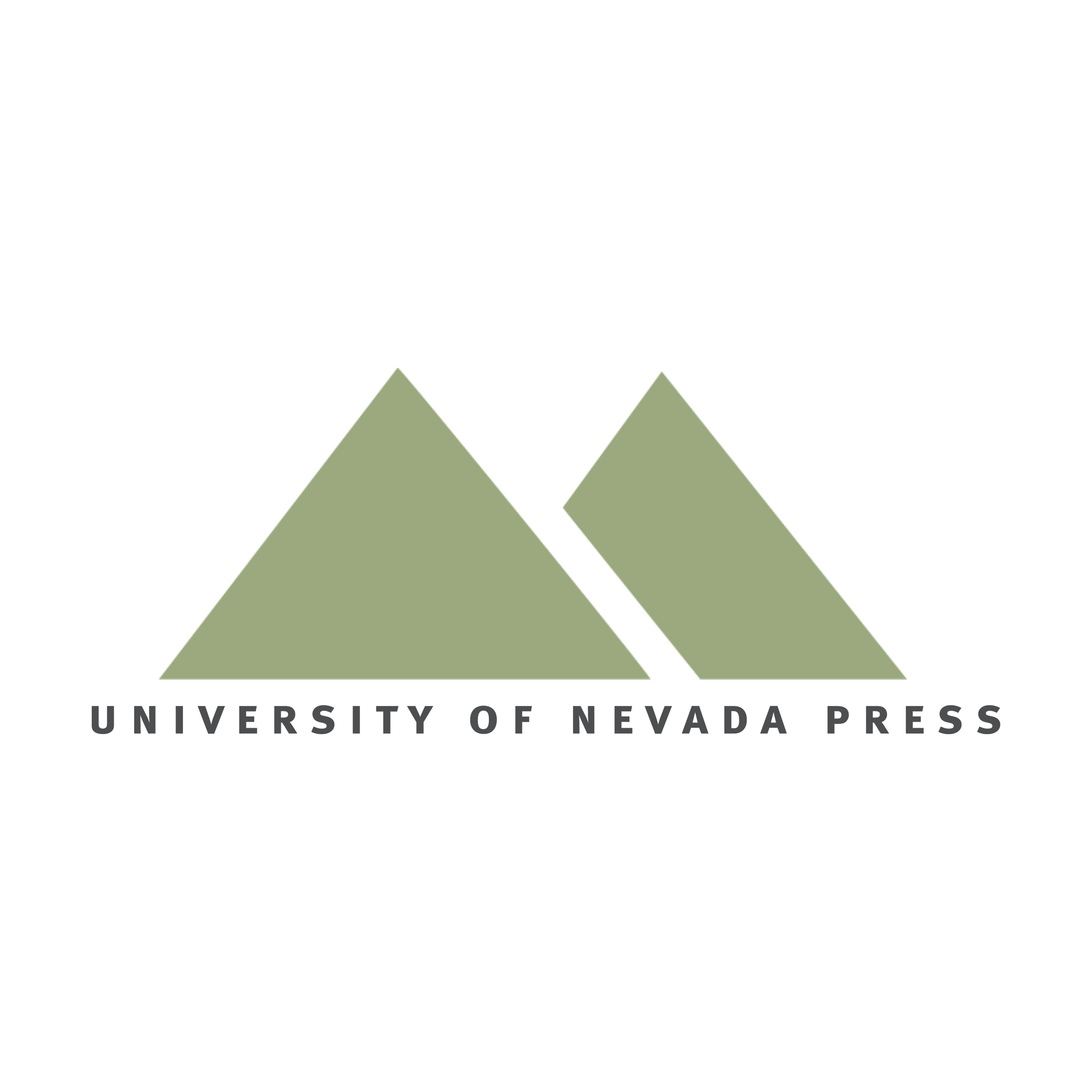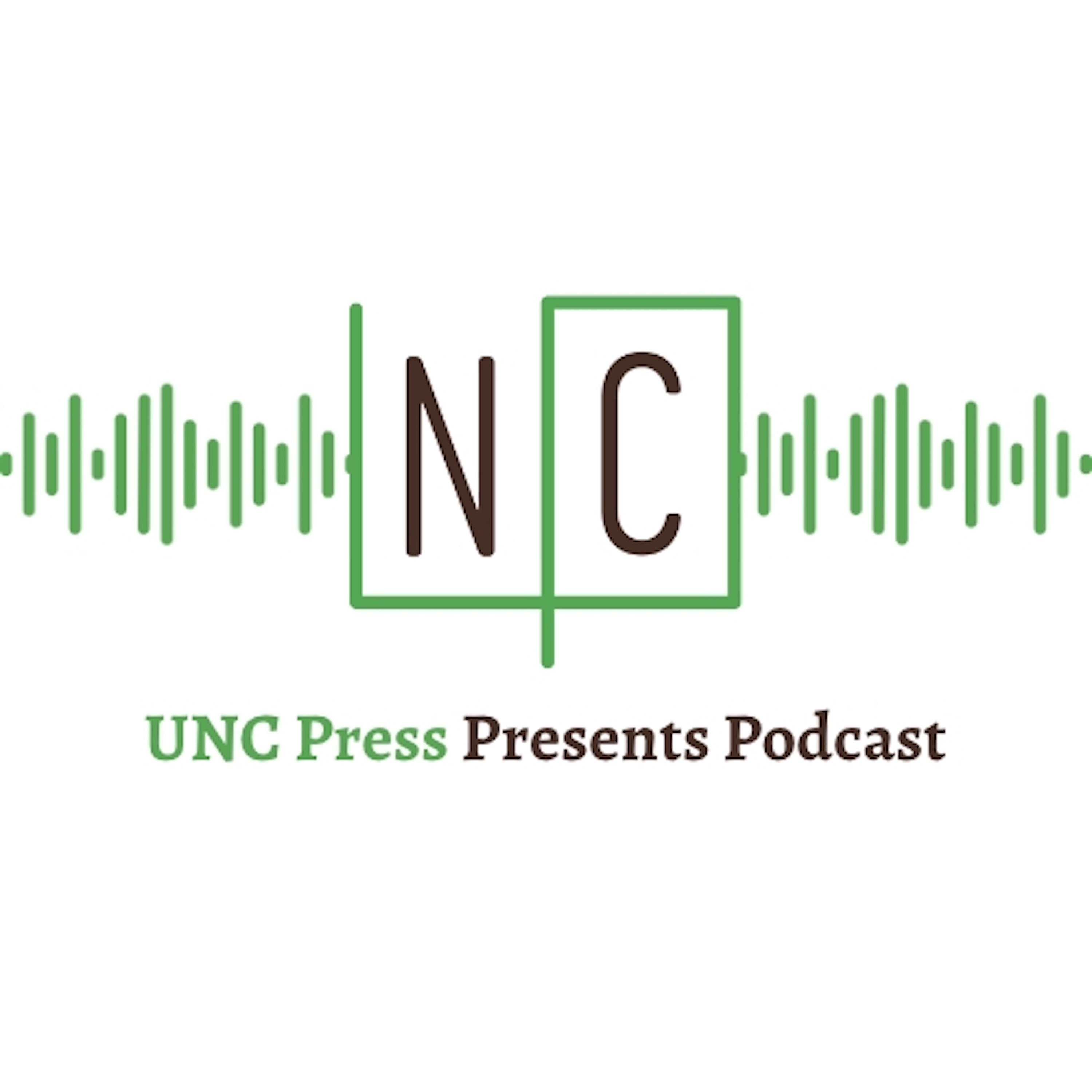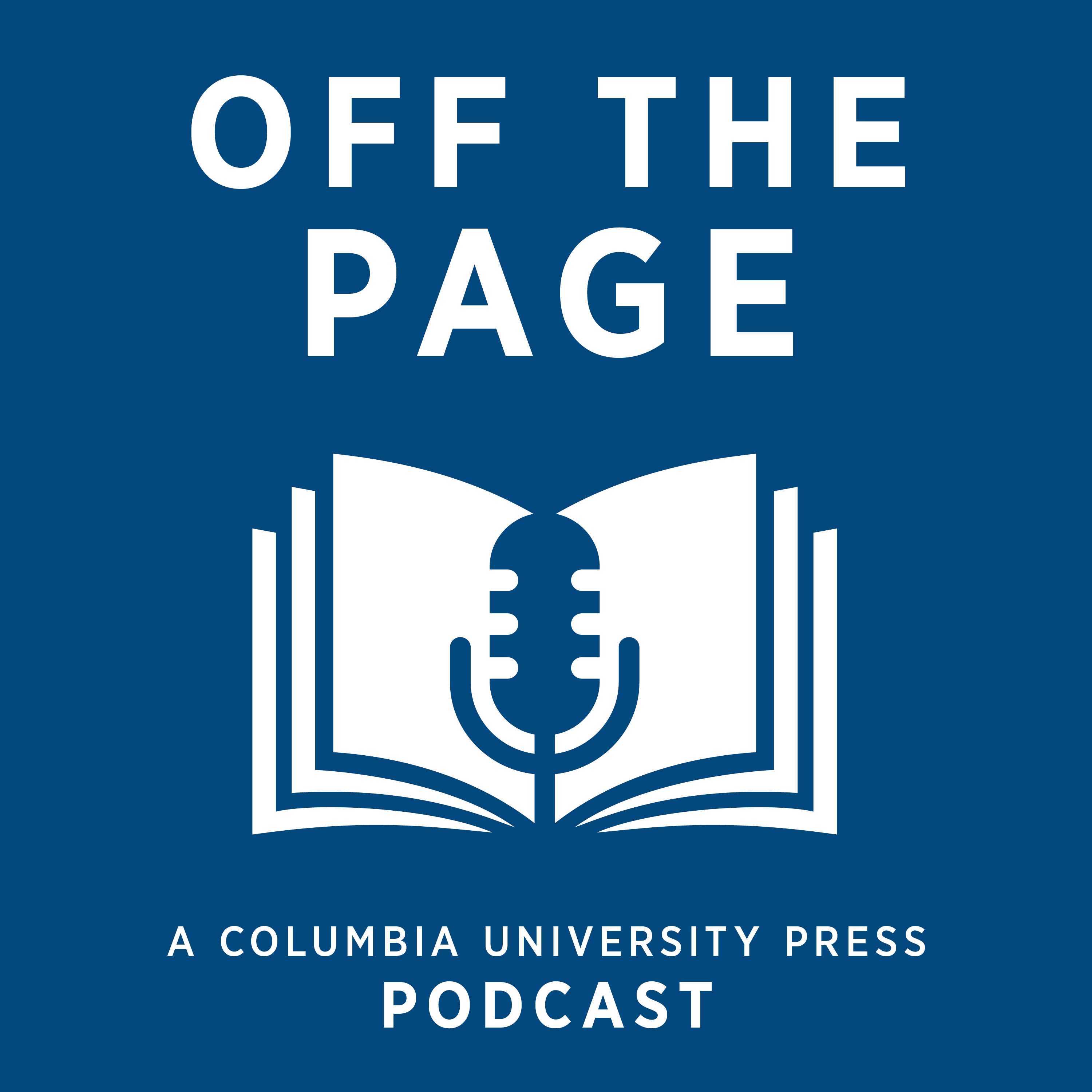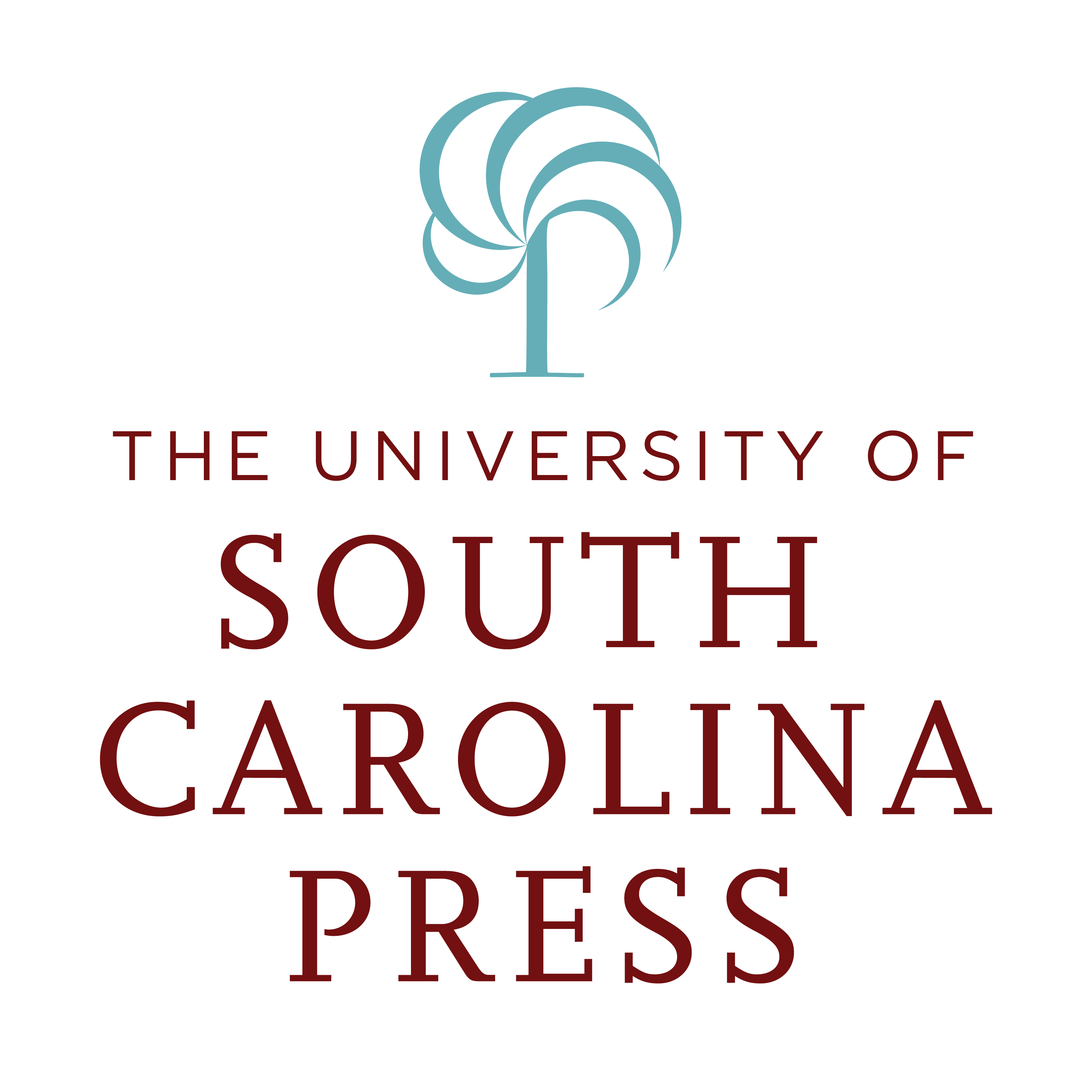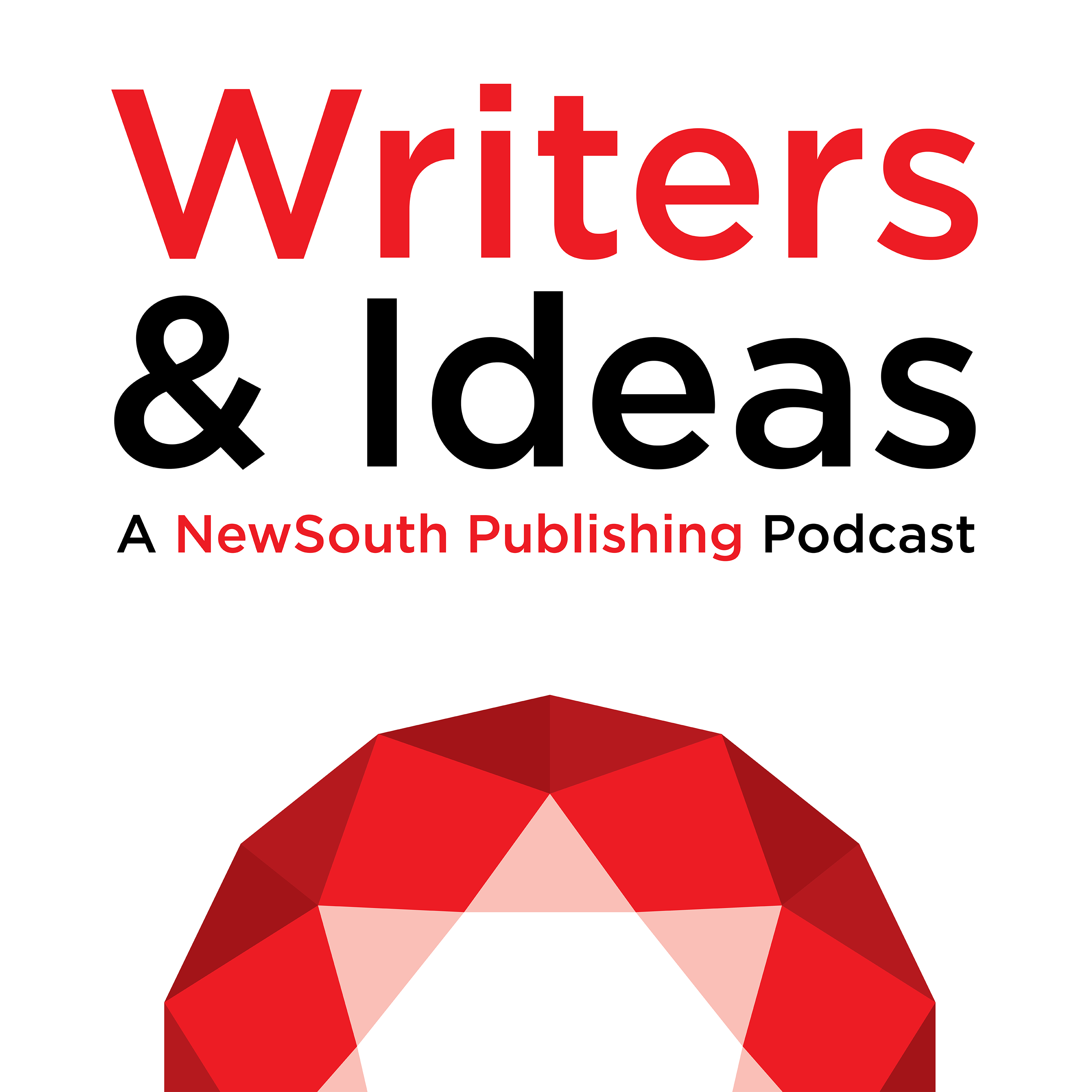Support H-Net | Buy Books Here | Help Support the NBN and NBN en Español on Patreon | Visit New Books Network en Español!
- African Studies
- African American Studies
- American Politics
- American Studies
- American South
- American West
- Asian American Studies
- Australian and New Zealand Studies
- British Studies
- Canadian Studies
- Caribbean Studies
- Central Asian Studies
- Chinese Studies
- East Asian Studies
- Eastern European Studies
- European Politics
- French Studies
- German Studies
- Iberian Studies
- India Studies
- Indian Ocean World
- Iranian Studies
- Irish Studies
- Israel Studies
- Italian Studies
- Japanese Studies
- Korean Studies
- Latino Studies
- Latin American Studies
- Mexican Studies
- Middle Eastern Studies
- Native American Studies
- Pacific Studies
- Polish Studies
- Russian and Eurasian Studies
- Southeast Asian Studies
- South Asian Studies
- Turkish Studies
- Ukrainian Studies
- Western European Studies
- World Affairs
- Animal Studies
- Anthropology
- Archaeology
- Business, Management, and Marketing
- Media
- Critical Theory
- Disability Studies
- Drugs, Addiction and Recovery
- Education
- Economics
- Finance
- Geography
- Gender Studies
- Genocide Studies
- Higher Education
- Human Rights
- Journalism
- Language
- Law
- LGBTQ+ Studies
- National Security
- Philosophy
- Policing, Incarceration, and Reform
- Political Science
- Politics & Polemics
- Public Policy
- Sex, Sexuality, and Sex Work
- Sociology
- Sound Studies
- Sports
- Urban Studies
- Big Ideas
- Celebration Studies
- Co-Authored
- Cover Story
- Historical Materialism
- History Ex Silo
- Invested Investor
- Landscape Architecture
- Mormonism
- NBN Book of the Day
- NBN Seminar
- Postscript
- Practical History
- Preparing for Life After Grad School
- Psychology and Climate Change
- Interpretive Political and Social Science
About Sarah Bramao-Ramos
NBN Episodes hosted by Sarah:
May 13, 2024
Bandits in Print
Bandits in Print: "The Water Margin" and the Transformations of the Chinese Novel (Cornell UP, 2023) uses the classic novel The Water Margin (Shuihu Z…
May 2, 2024
Untamed Shrews
If you are familiar with traditional Chinese literature, you have likely come across the figure of the “shrew,” a morally threatening woman who is eit…
May 1, 2024
Xiongnu
In Xiongnu: The World’s First Nomadic Empire (Oxford UP, 2024), Bryan K. Miller weaves together archaeology and history to chart the course of the Xio…
April 30, 2024
North Korea's Mundane Revolution
Histories of North Korea typically focus on one man — Kim Il Sung — and one narrative — his grand rise to absolute power. Andre Schmid’s new book, Nor…
April 6, 2024
Frontier Fieldwork
In 1911, as China was beset with challenges, a new generation of scholars considered a new problem: what to do with former imperial borders? How could…
February 13, 2024
Wild Grass and Morning Blossoms Gathered at Dusk
In this captivating translation of the imaginative prose essay collection Wild Grass (1927) and experimental memoir Morning Blossoms Gathered at Dusk …
February 2, 2024
New Export China
Why do so many contemporary Chinese artists use porcelain in their work? How do artists make sense of the legacy that porcelain has in China, and how …
January 20, 2024
The Power of the Brush
Why did the letter-writing culture of Korea diversify in the sixteenth century? How did this “epistolary revolution” change textual norms, modes of kn…
December 4, 2023
Power for a Price
The Qing dynasty's office purchase system (juanna) allowed men to legally and openly pay for appointments in the civil service — enabling them to skip…
November 28, 2023
The Perils of Interpreting
The Perils of Interpreting: The Extraordinary Lives of Two Translators Between Qing China and the British Empire (Princeton UP, 2021) is a fascinating…
November 13, 2023
Porcelain for the Emperor
Porcelain for the Emperor: Manufacture and Technology in Qing China (University of Washington Press; 2023) looks at the history of court-sponsored por…
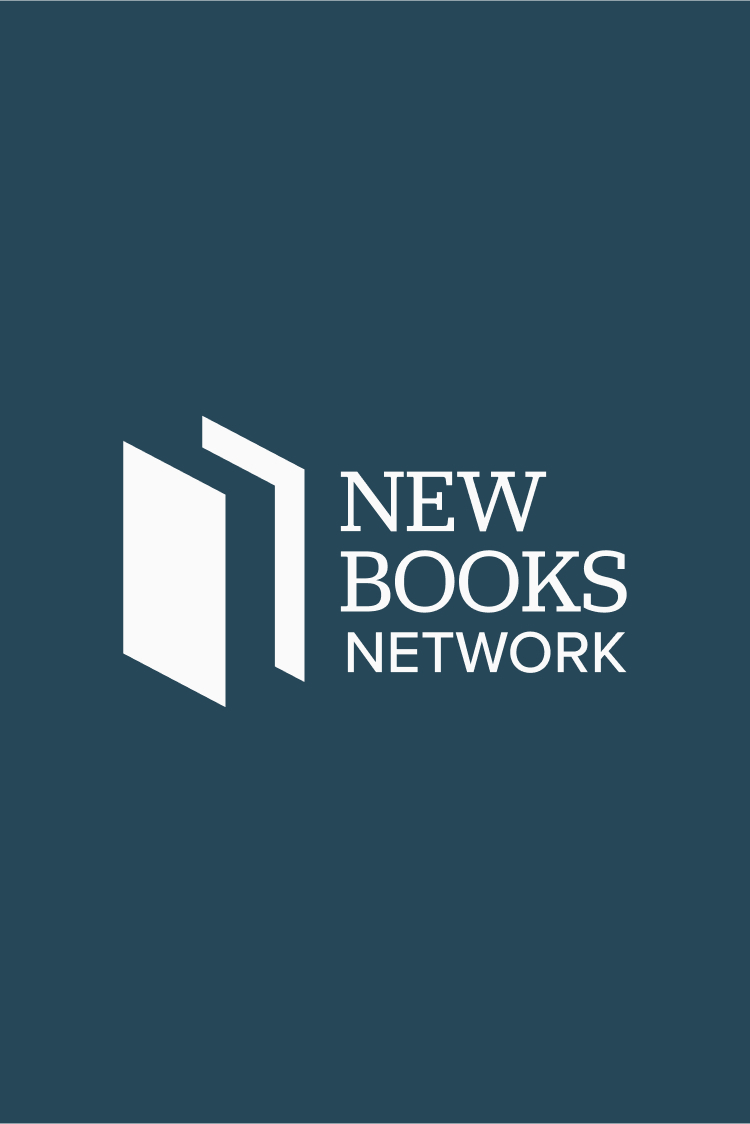
May 22, 2023
The Precious Summary
Buddhist cosmological history of the universe, history of Chinggis Khan, history of China, and history of the Mongols — The Precious Summary, written …
May 14, 2023
The Opium Business
The Opium Business: A History of Crime and Capitalism in Maritime China (Stanford UP, 2022) explores the opium trade — but not through the relatively …
March 23, 2023
China’s Cold War Science Diplomacy
During the early decades of the Cold War, the People’s Republic of China remained far outside mainstream international science — right? Gordon Barre…
February 21, 2023
The Culture of Language in Ming China
What is the nature of language? This is the question that Nathan Vedal’s book, The Culture of Language in Ming China: Sound, Script, and the Redefinit…
January 30, 2023
The Emergence of Global Maoism
How do ideas manifest outside of their place of origin, and how do they change once they do? The Emergence of Global Maoism: China’s Red Evangelism an…
December 27, 2022
Learning to Rule
The late Qing was a time of great turmoil and upheaval but also a time of great possibility, as scholars, officials, the press, and revolutionaries al…
November 18, 2022
Testing the Literary
The eight-legged essay (bagu wen) was the one genre of writing that dominated in late imperial China. As the primary mode of expression in which men w…
October 20, 2021
The Peking Gazette in Late Imperial China
In the Qing dynasty (1644-1911), China experienced far greater access to political information than suggested by the blunt measures of control and cen…
August 27, 2021
Meritocracy and Its Discontents
Every year millions of high school seniors in China take the gaokao, China’s standardized college entrance exam. Students, parents, and head teachers …
July 15, 2021
Chinese Grammatology
In 1928 linguist Yuen Ren Chao had reason to celebrate. The Nationalist government had just recognized his system for writing Chinese, Gwoyeu Romatzyh…
July 7, 2021
Making It Count
The first historical study of the development of statistics in Mao-era China, Making It Count: Statistics and Statecraft in the Early People’s Republi…
June 4, 2021
Land of Strangers
Eric Schluessel’s Land of Strangers: The Civilizing Project in Qing Central Asia (Columbia UP, 2020) looks at what happened when, at the end of the Qi…
January 25, 2021
The Chinese Revolution on the Tibetan Frontier
In The Chinese Revolution on the Tibetan Frontier (Cornell University Press, 2020) Benno Weiner provides an in-depth study of what happened when the C…


